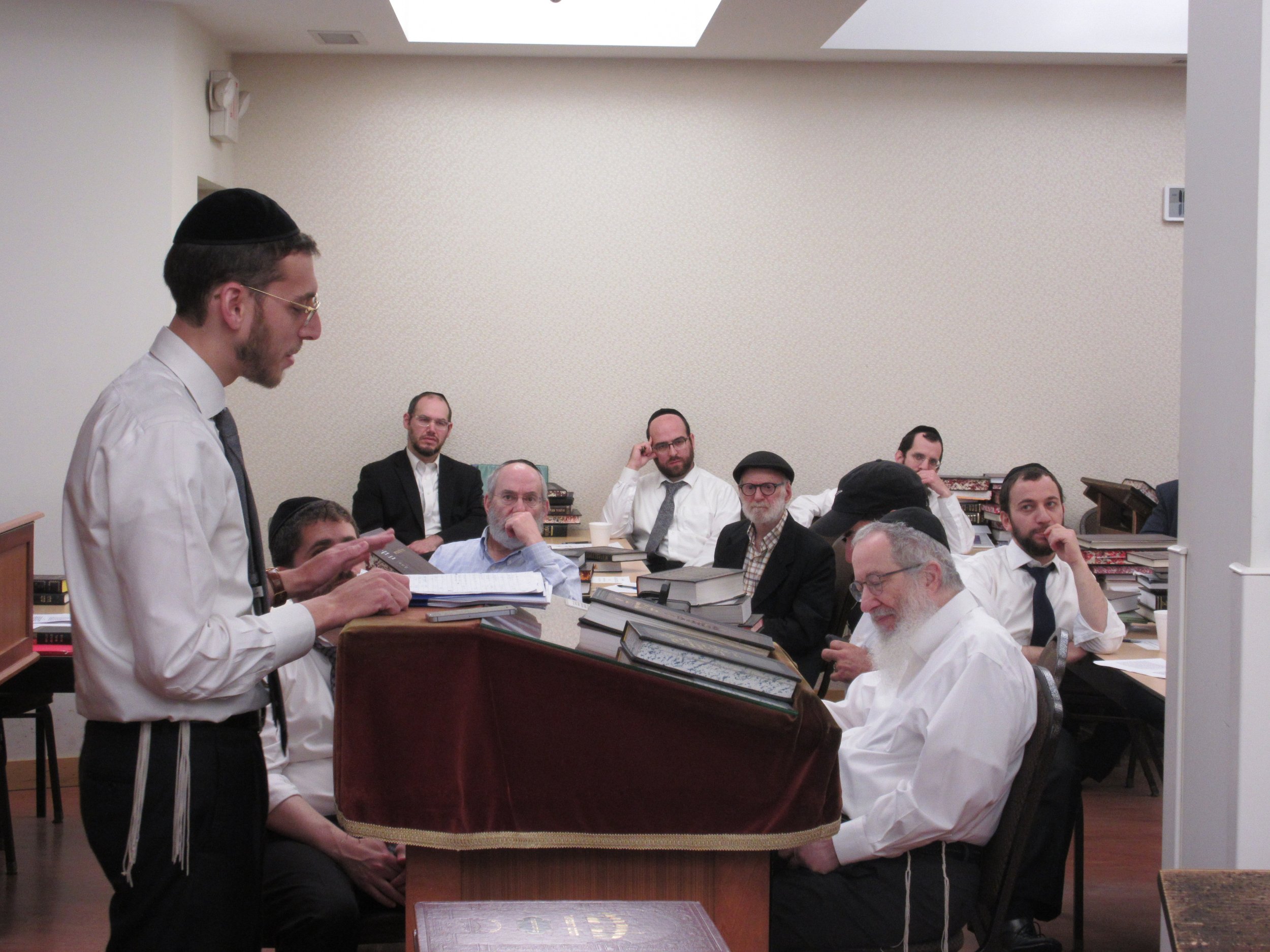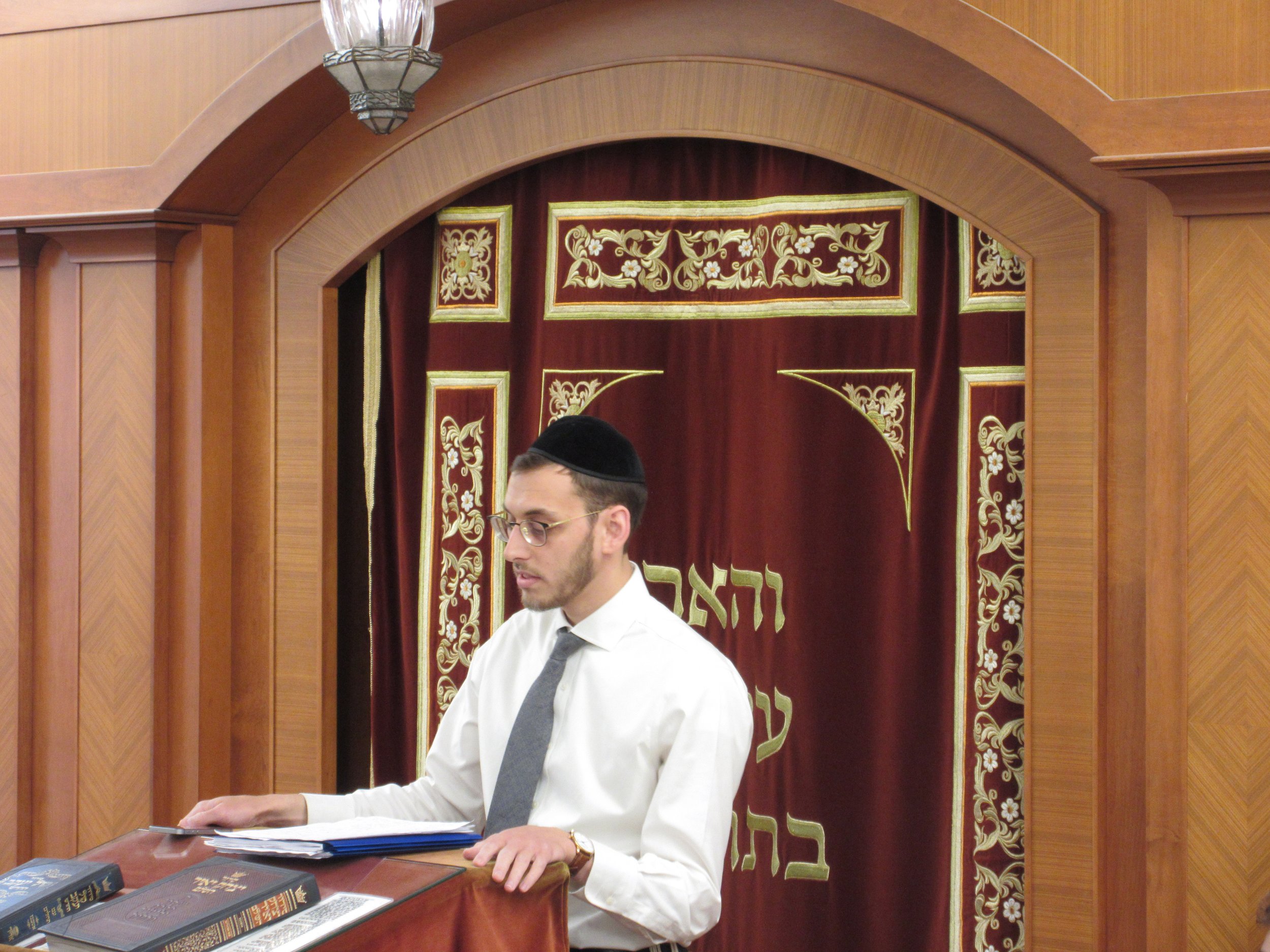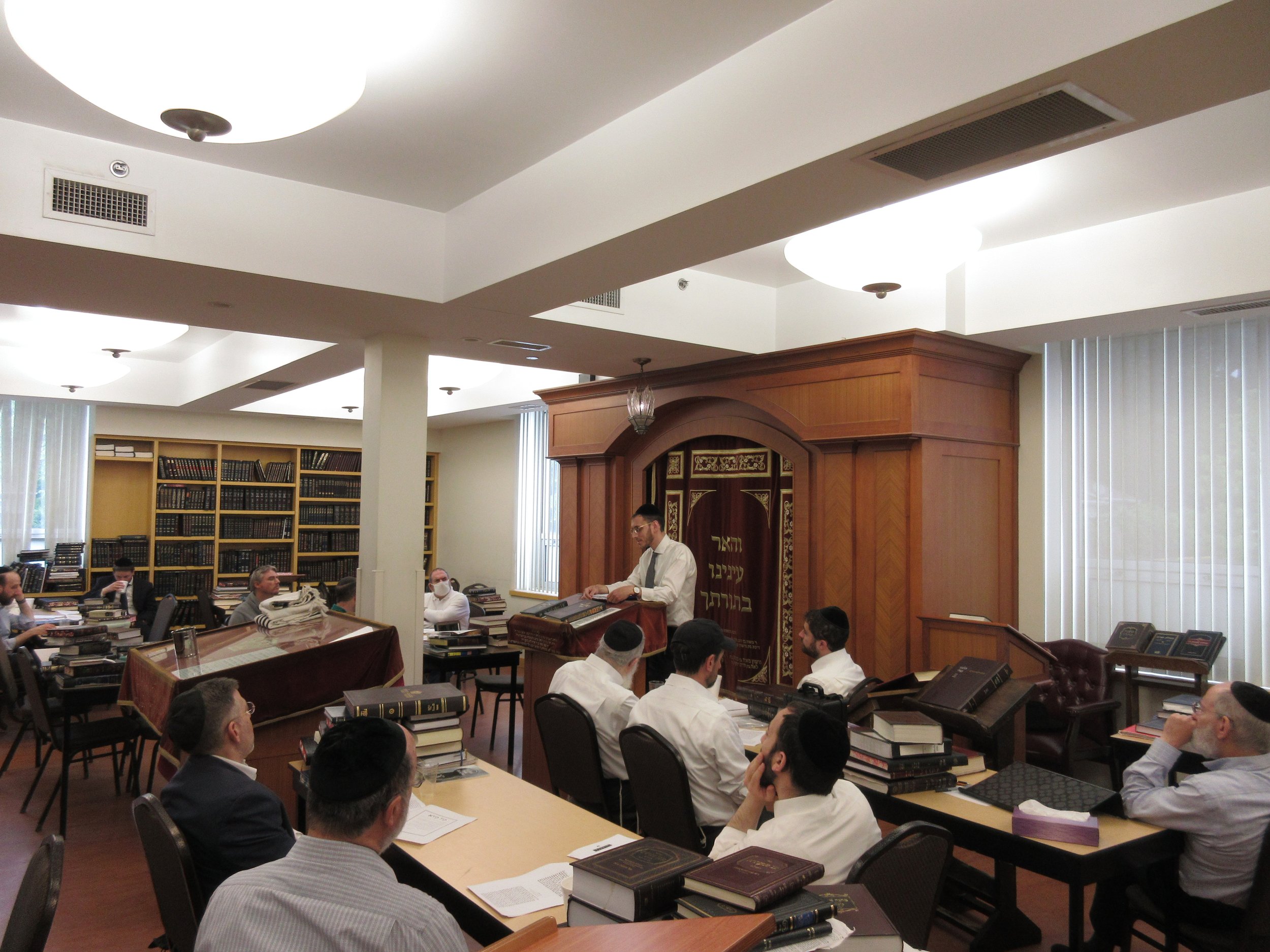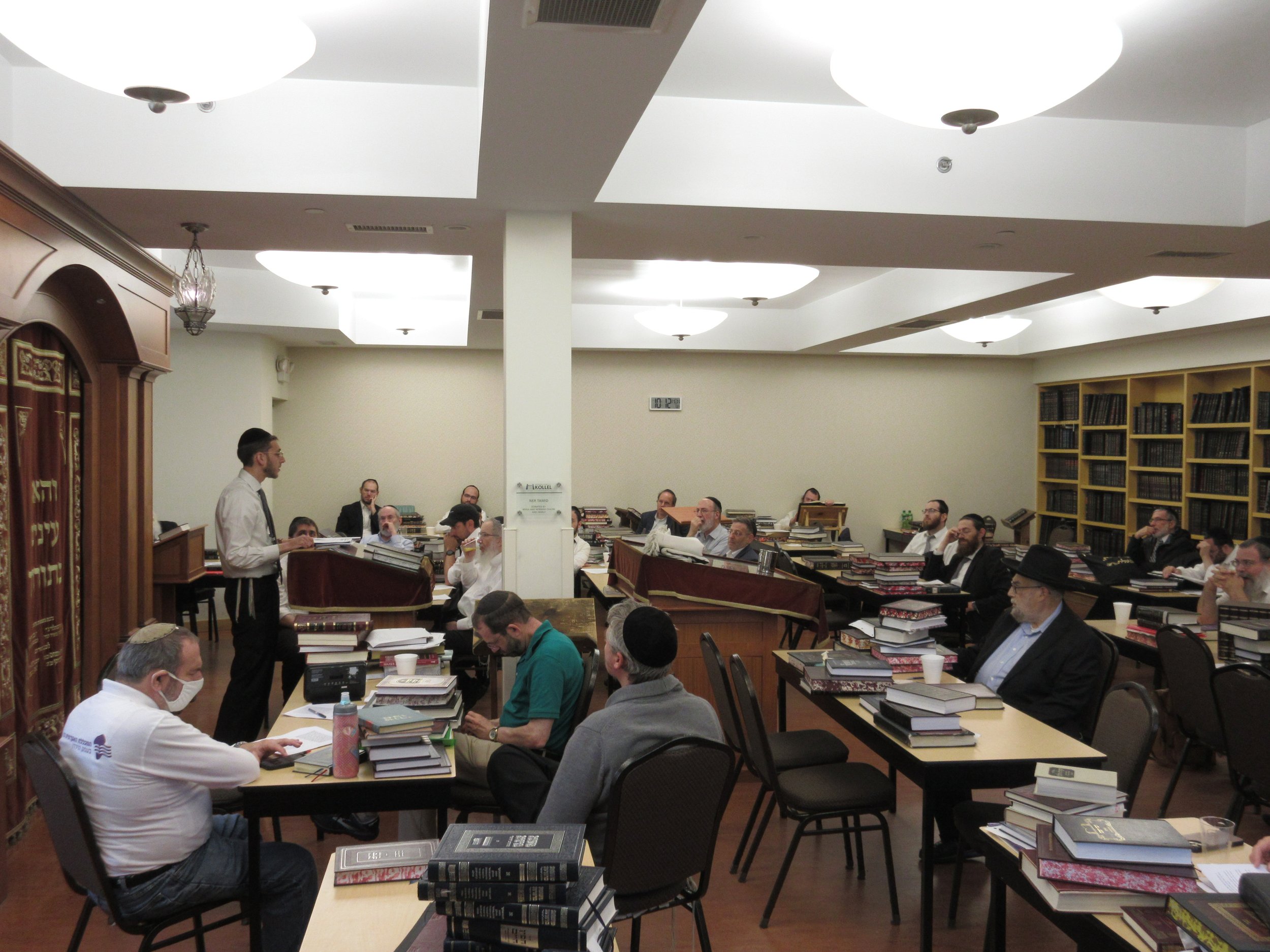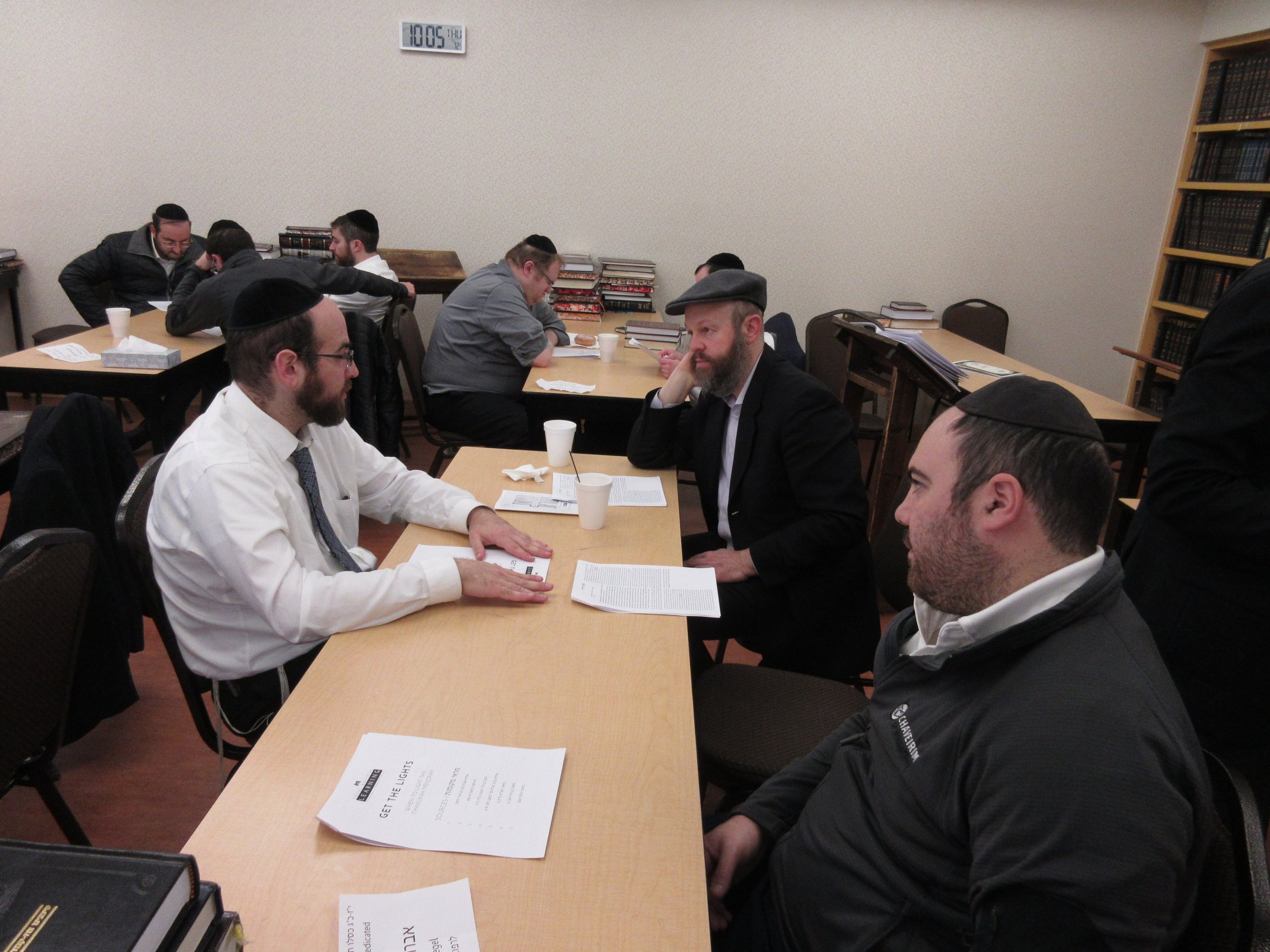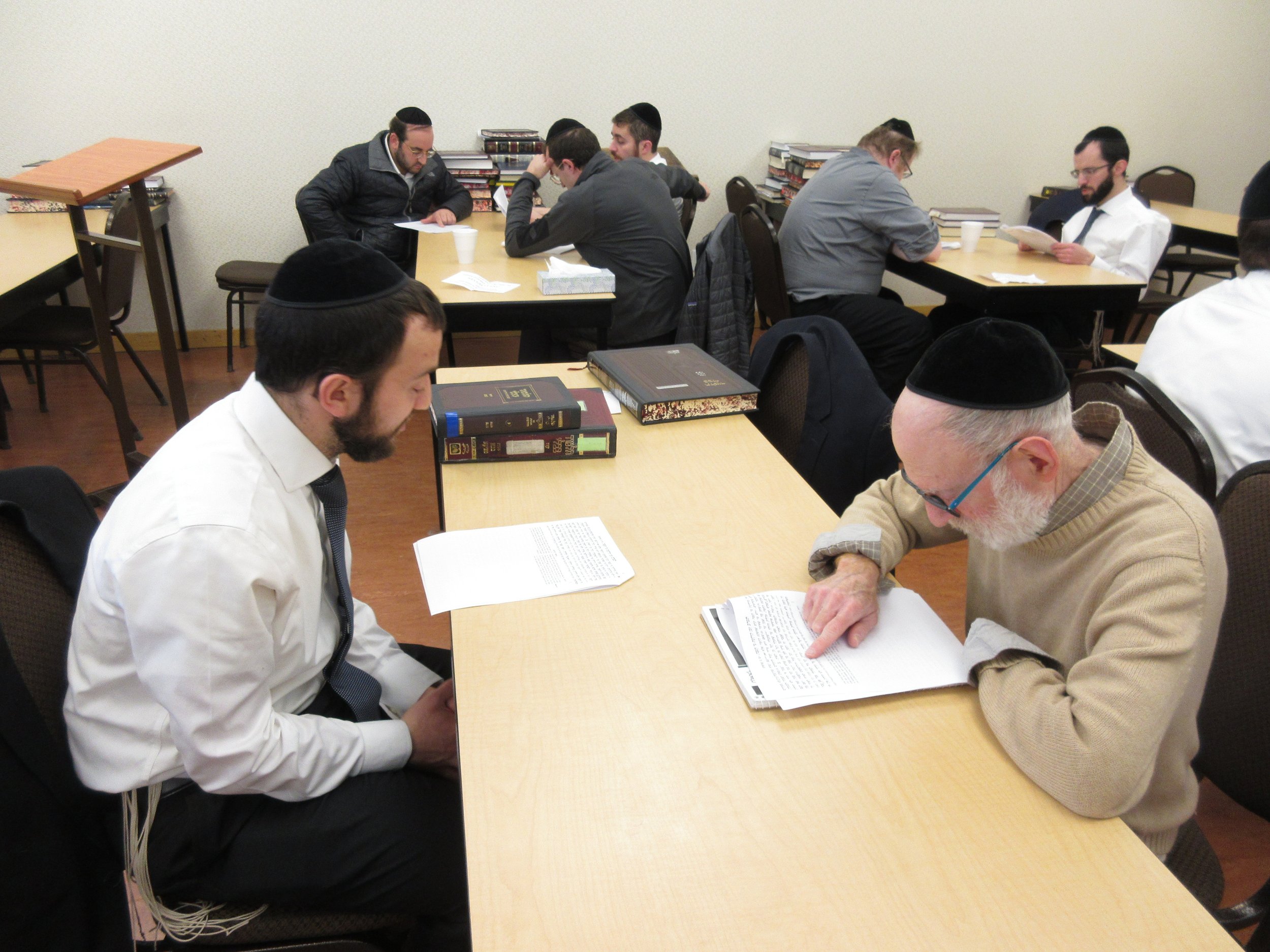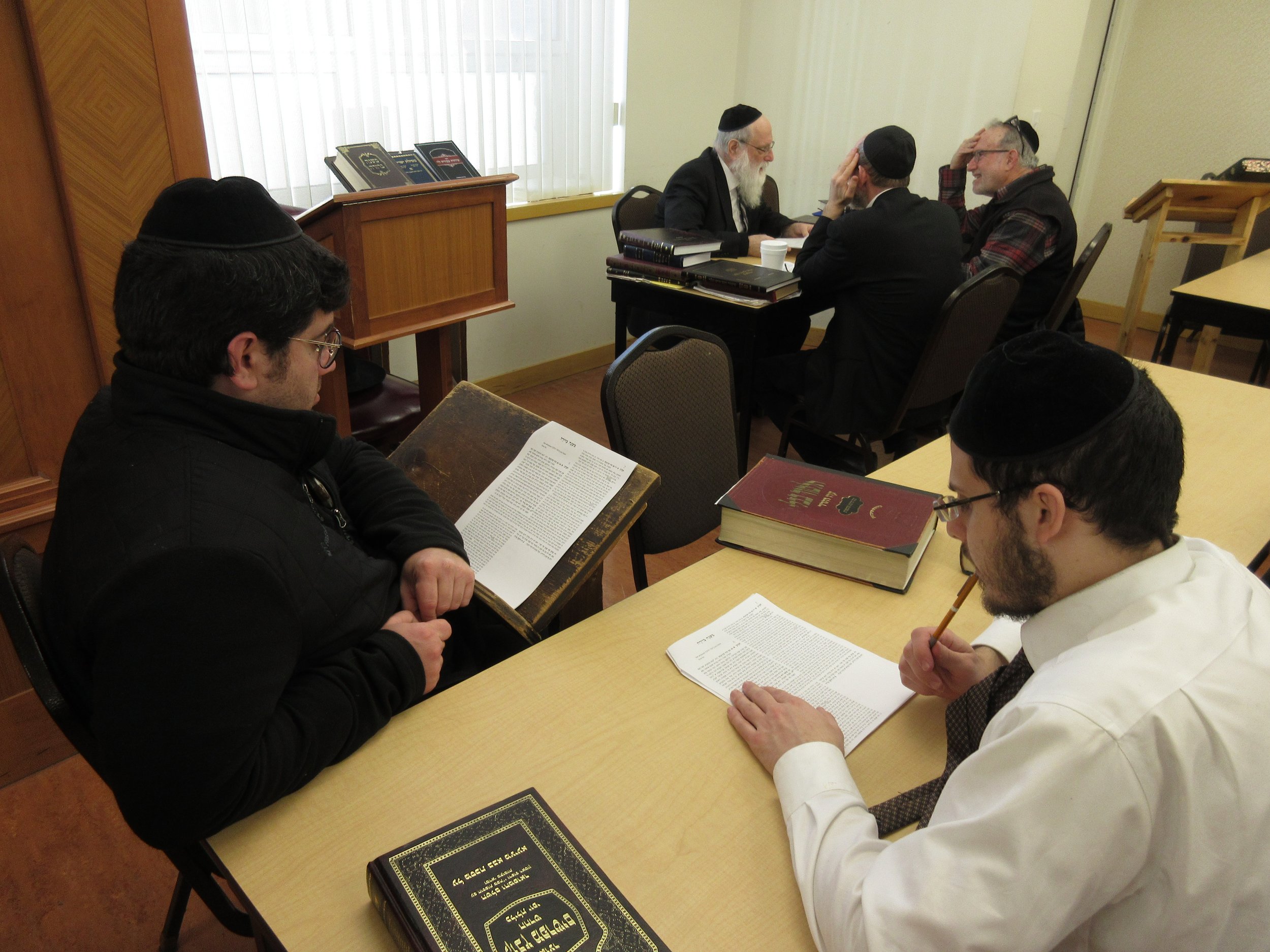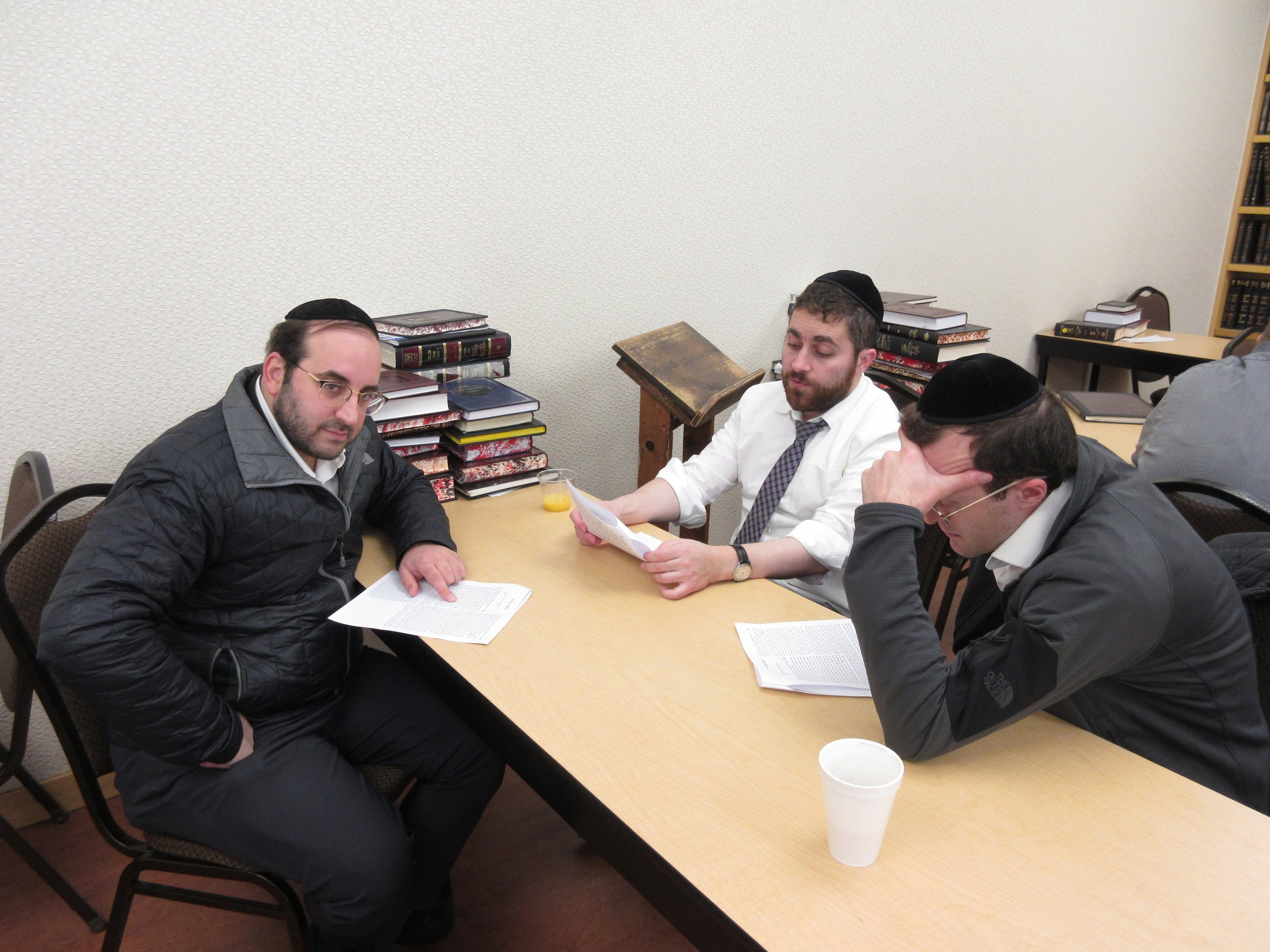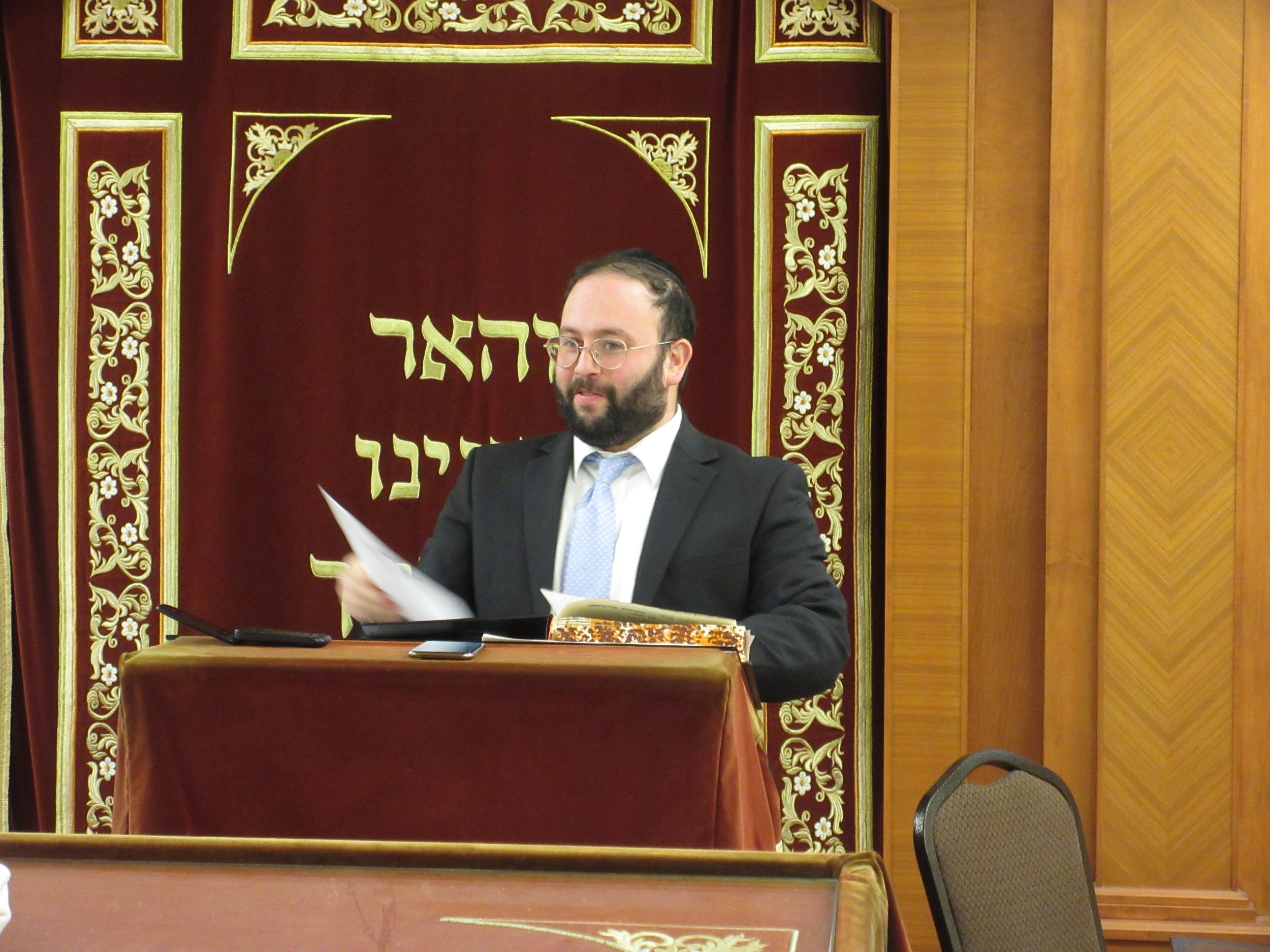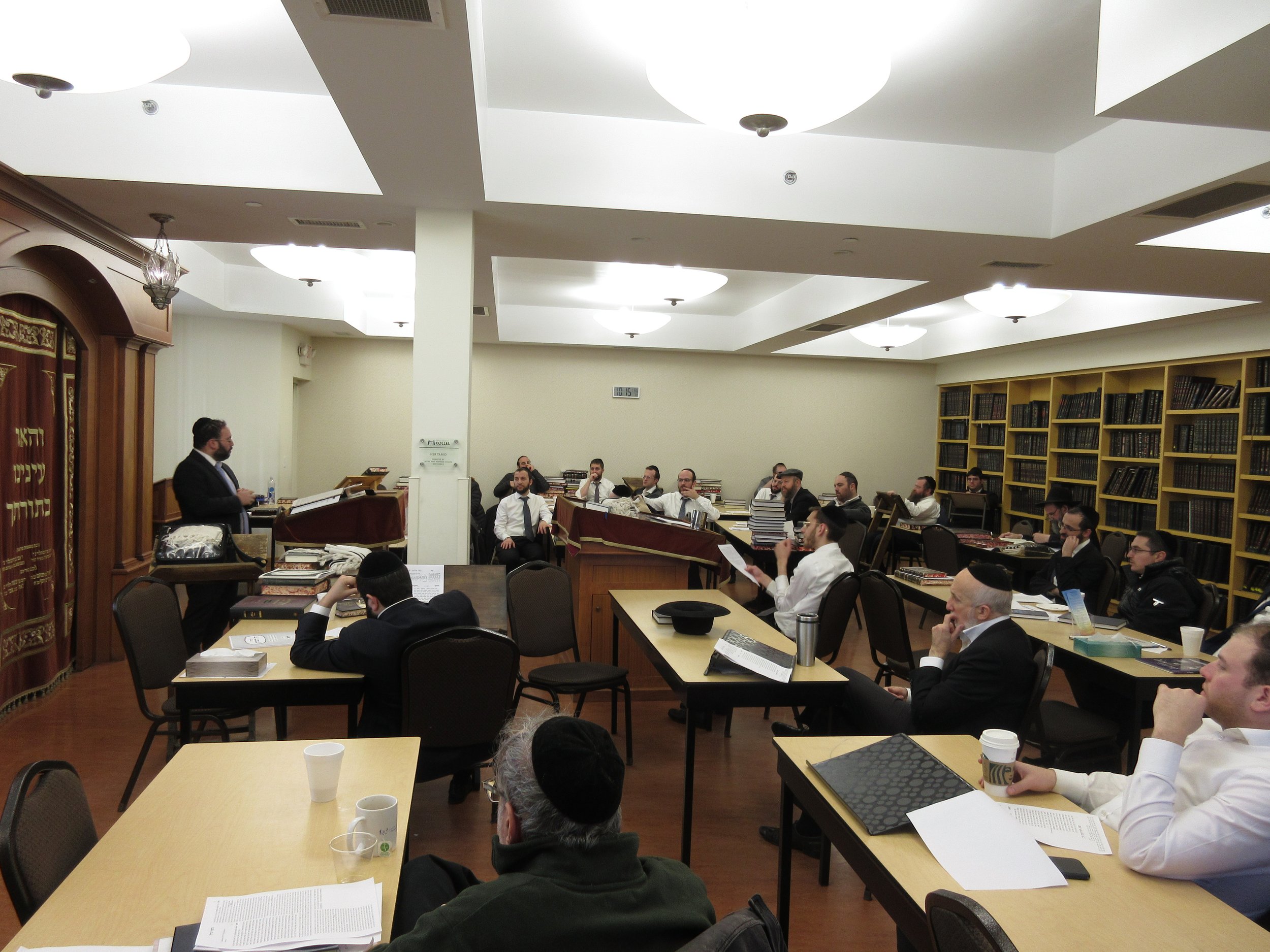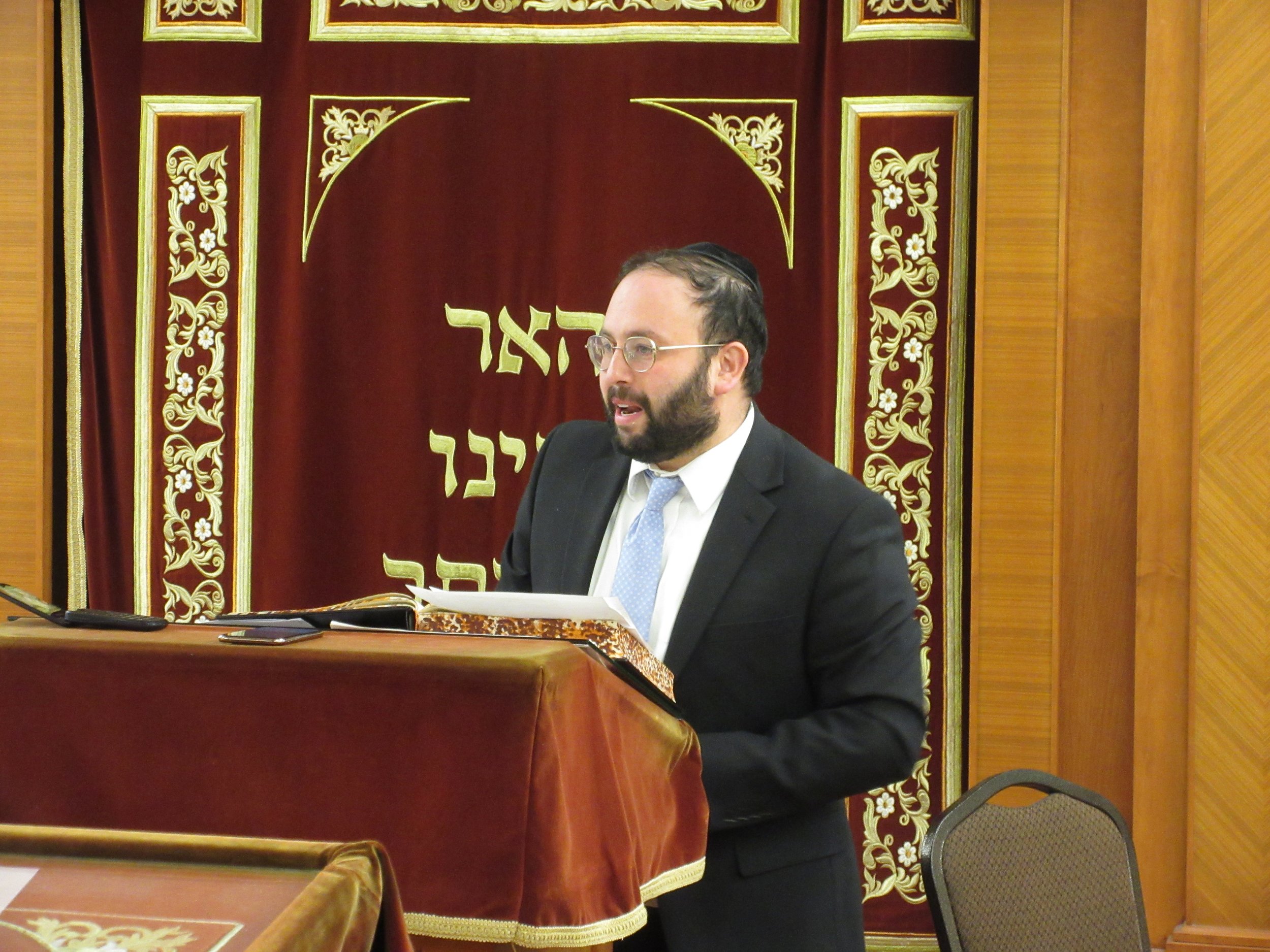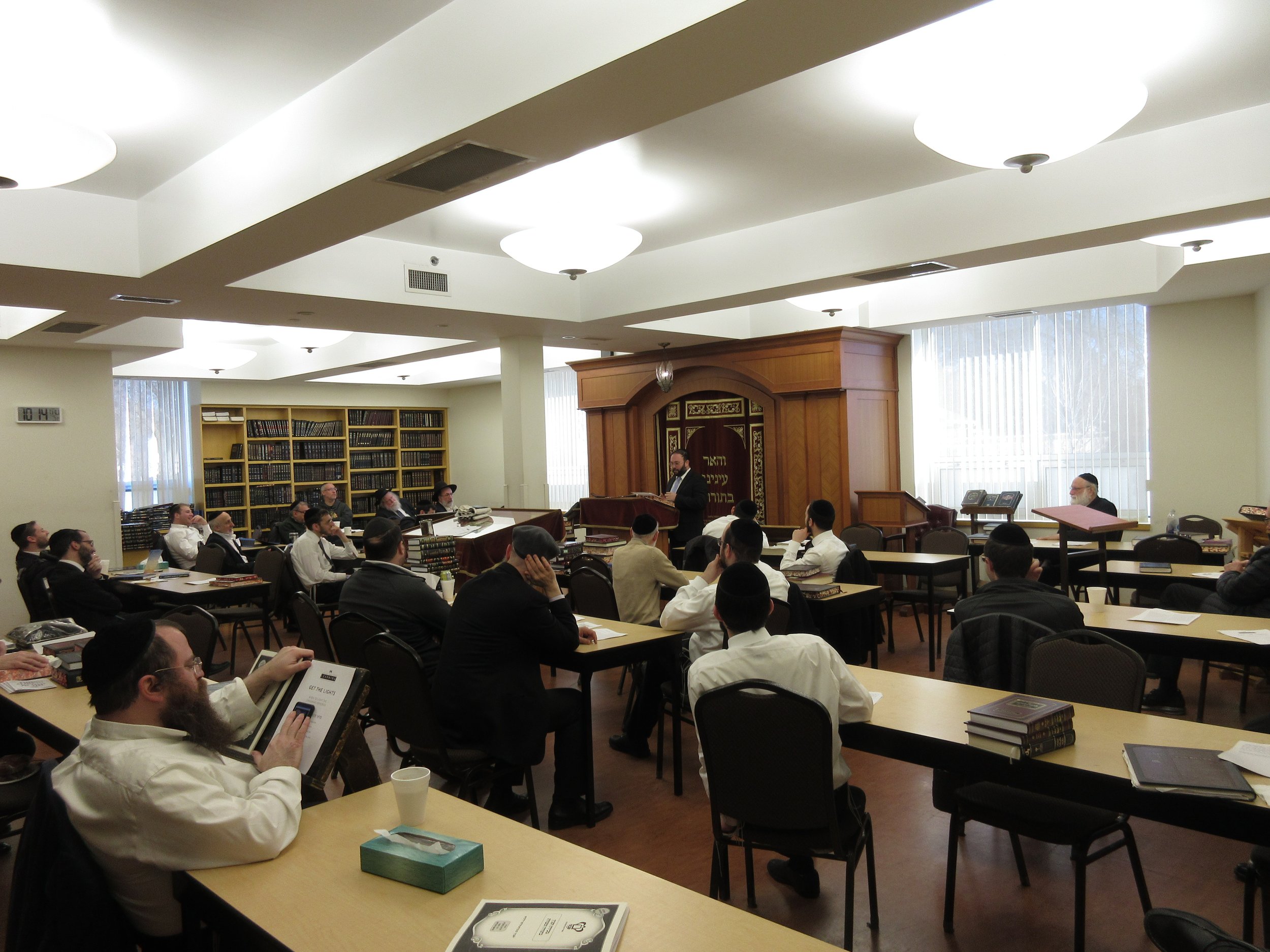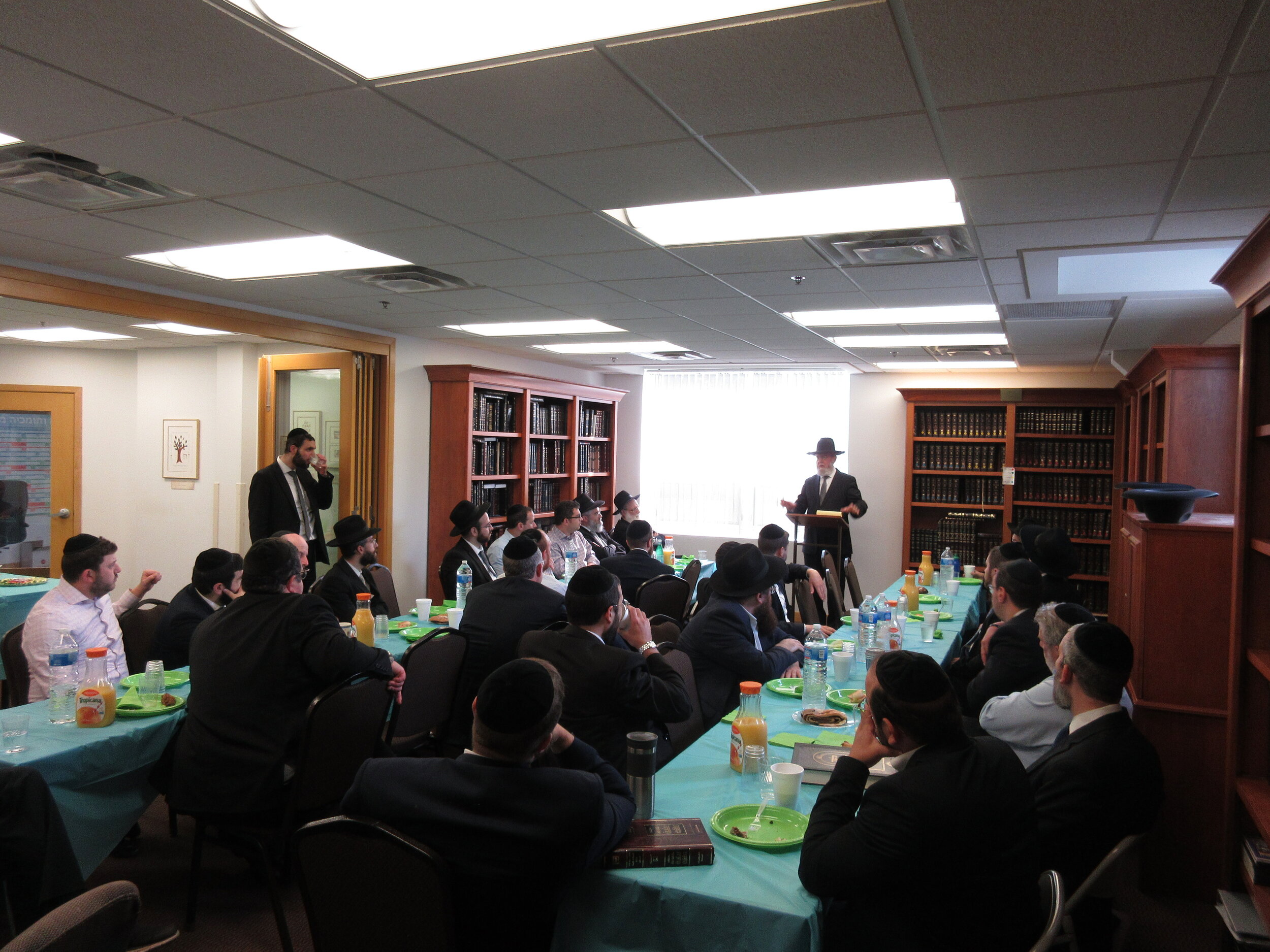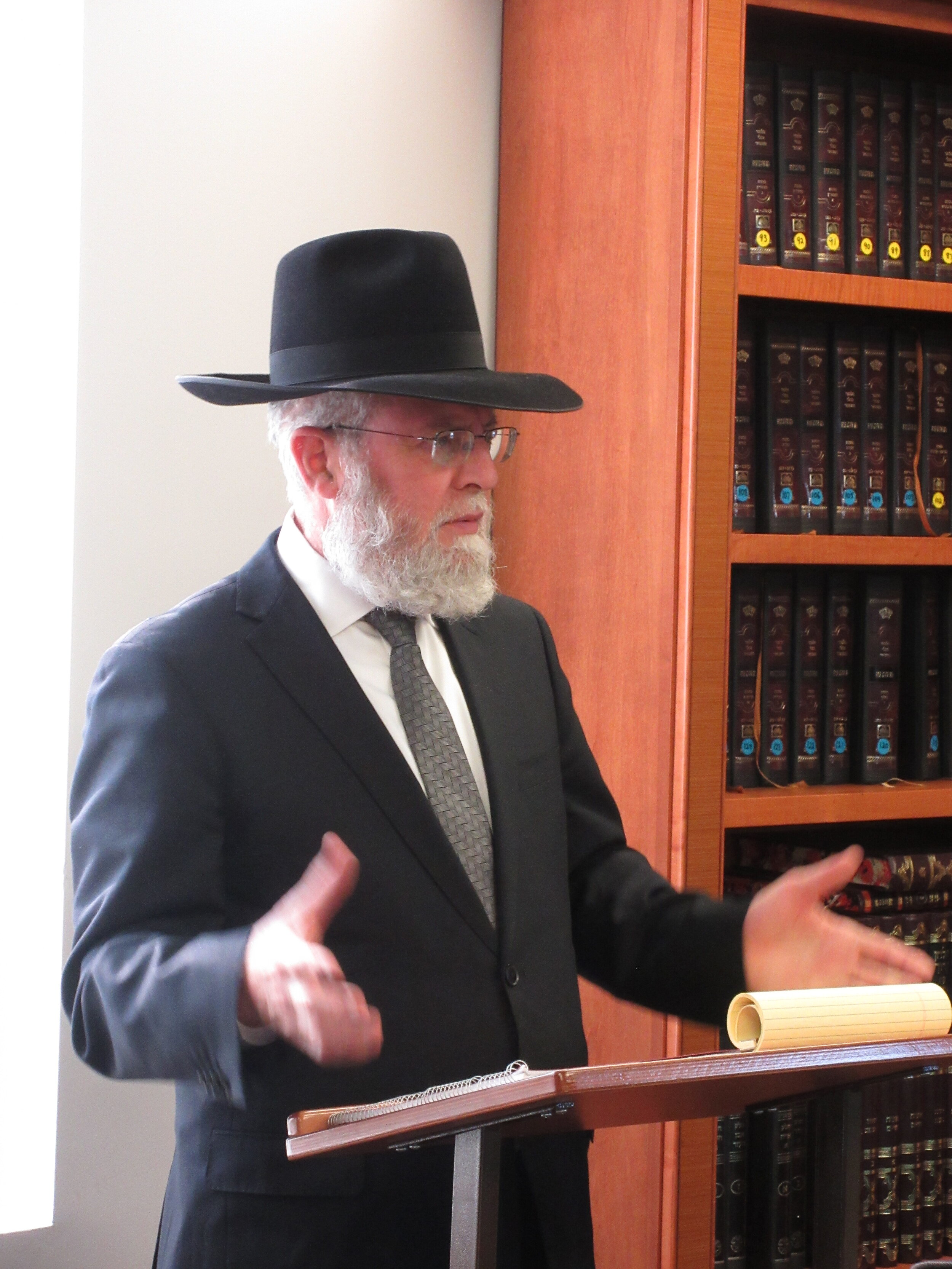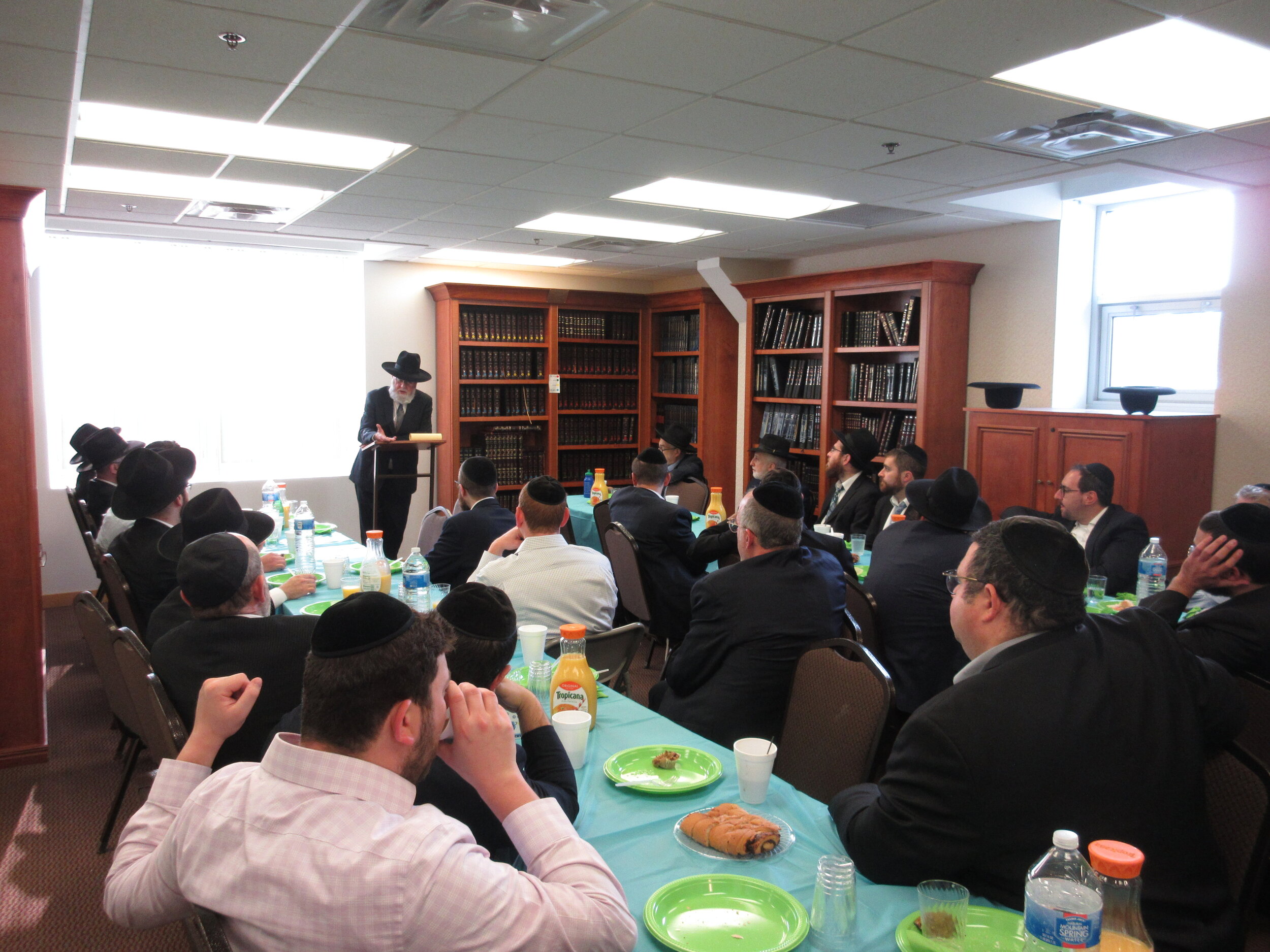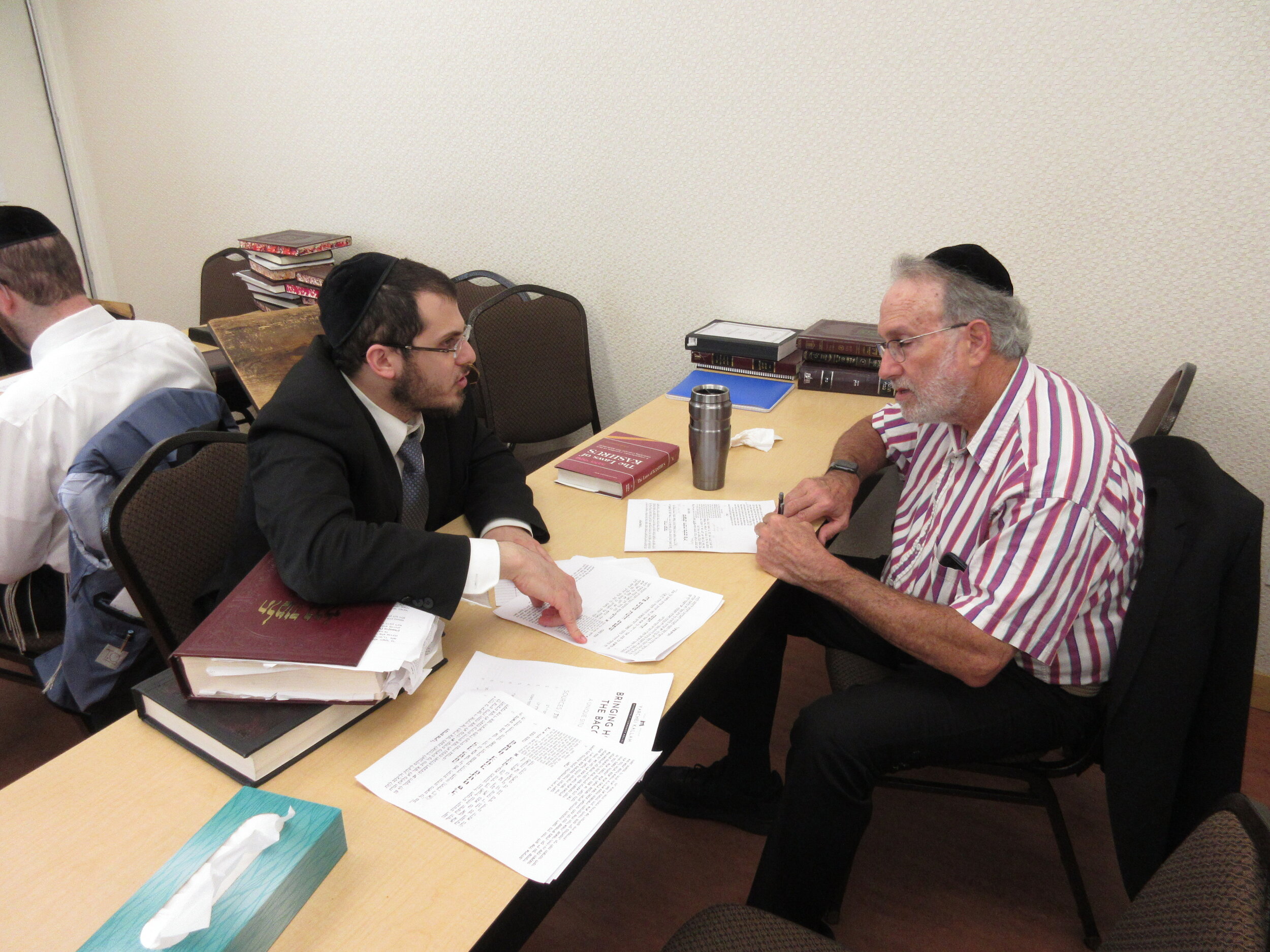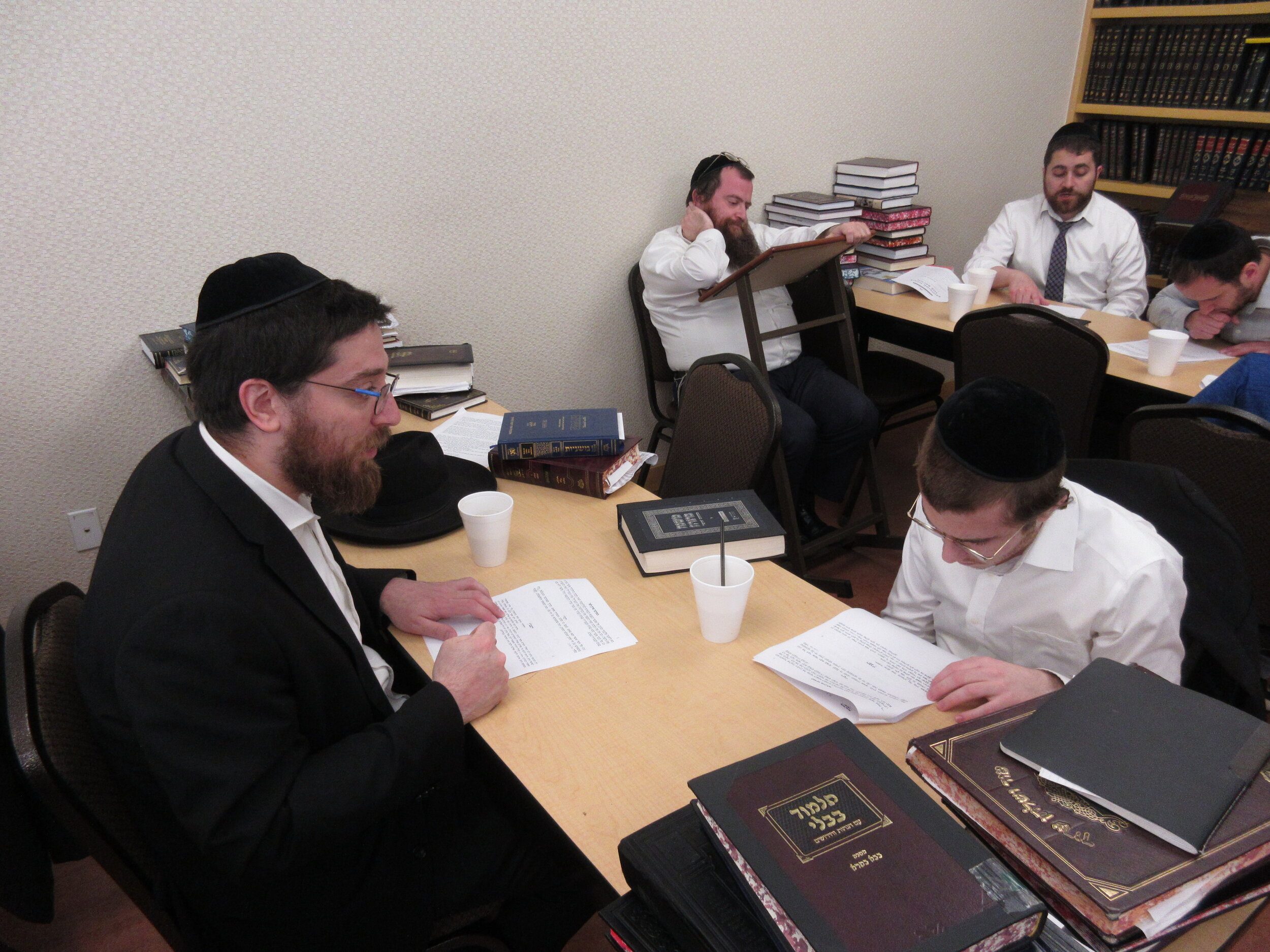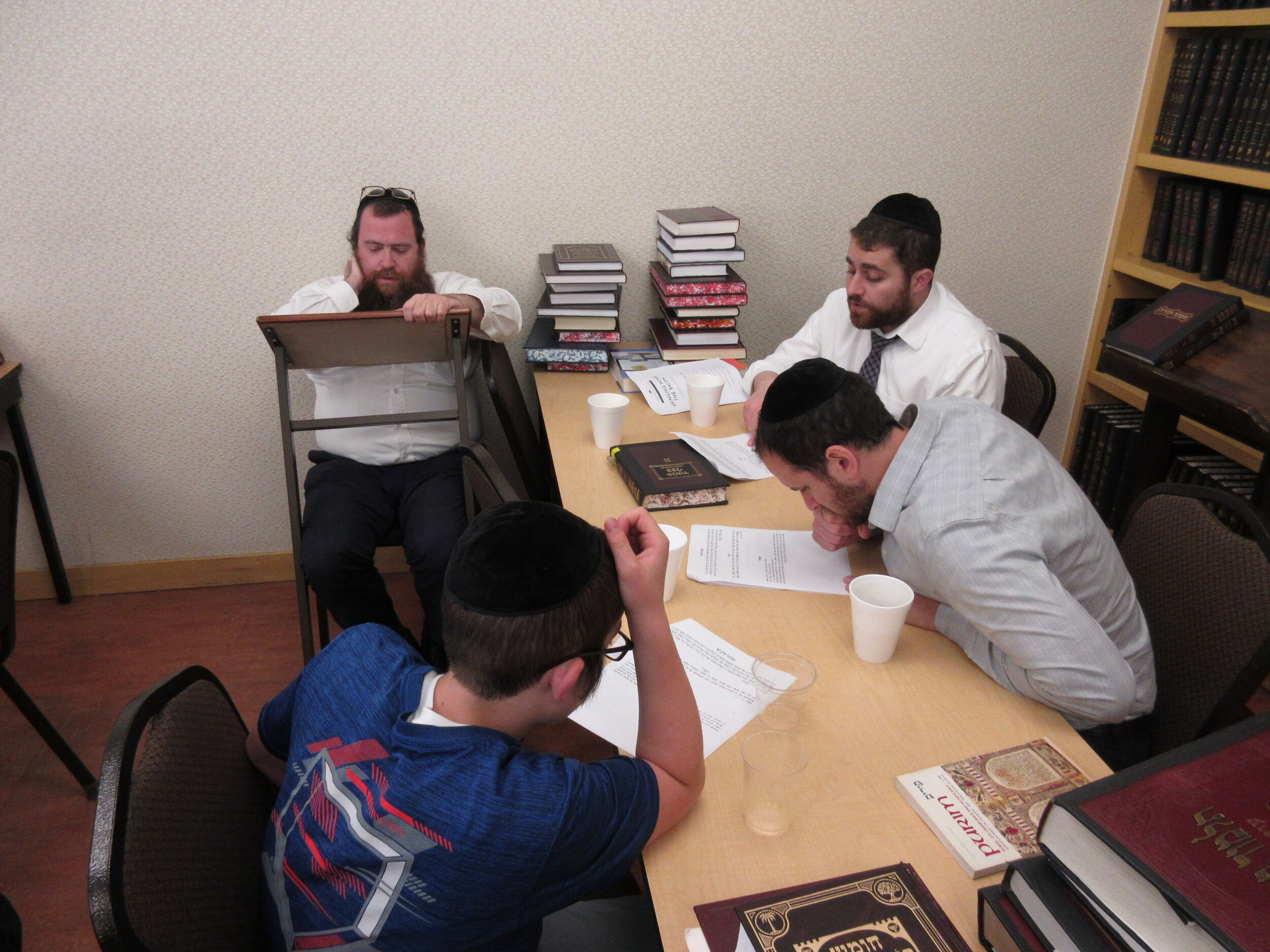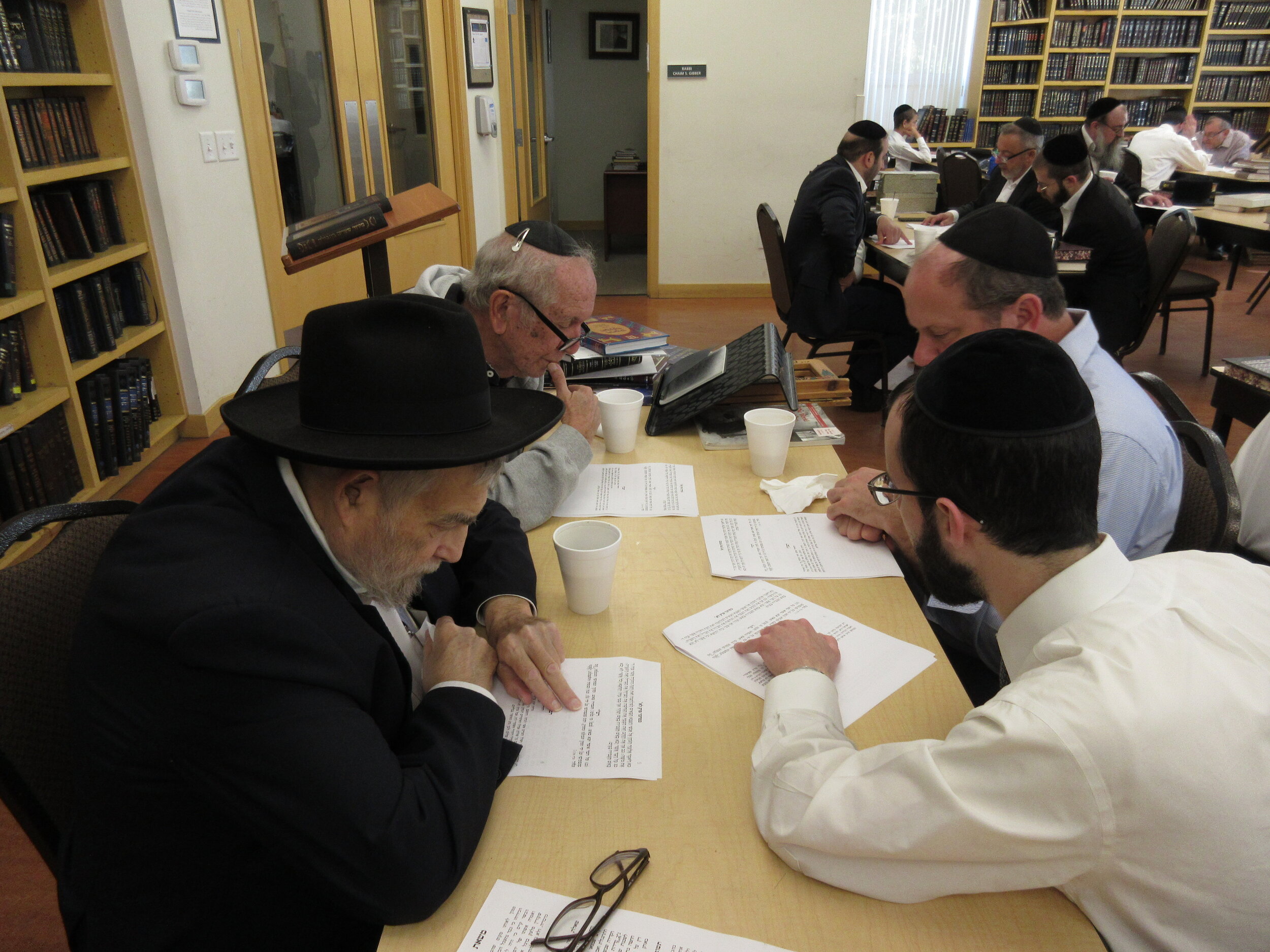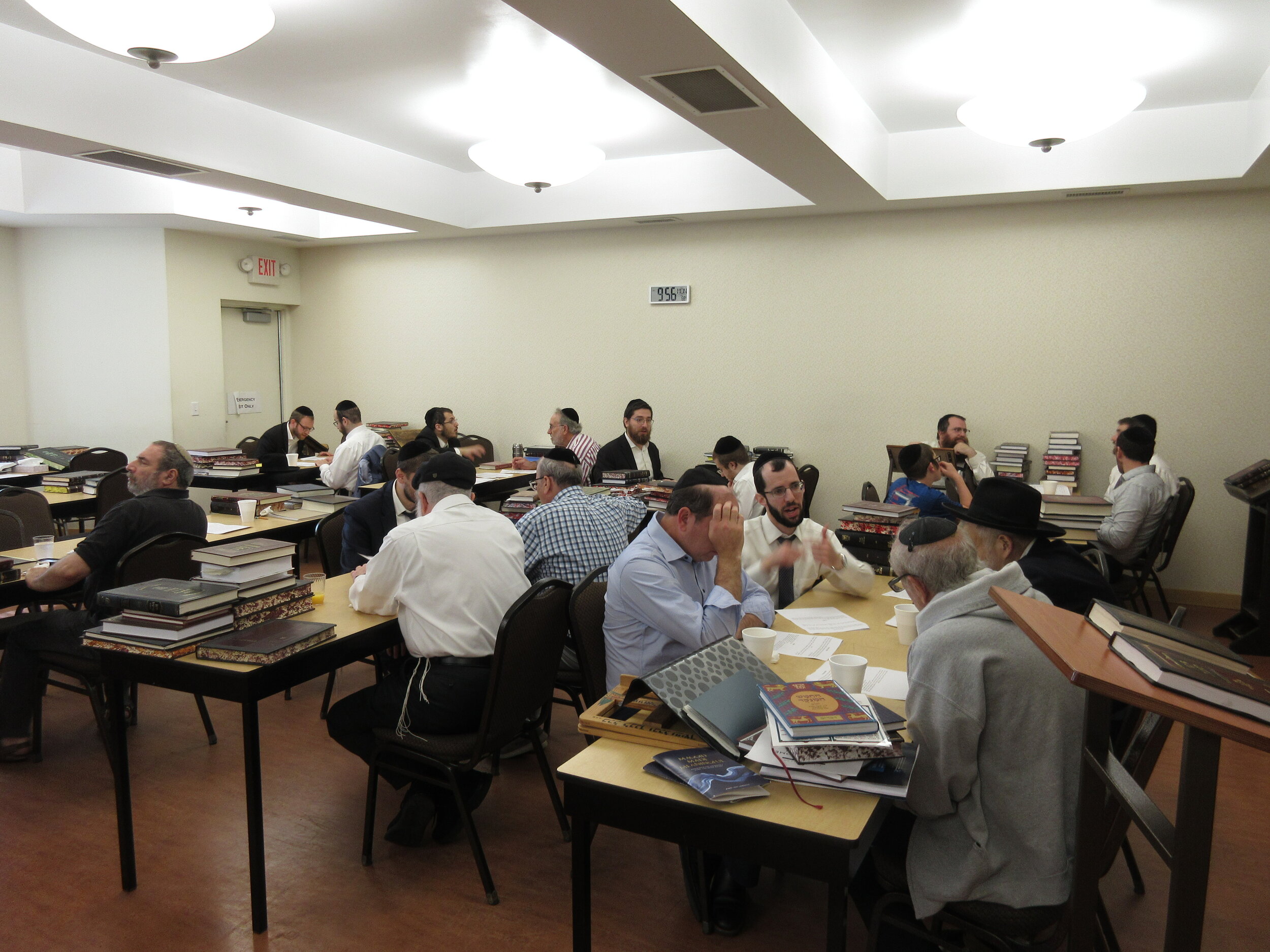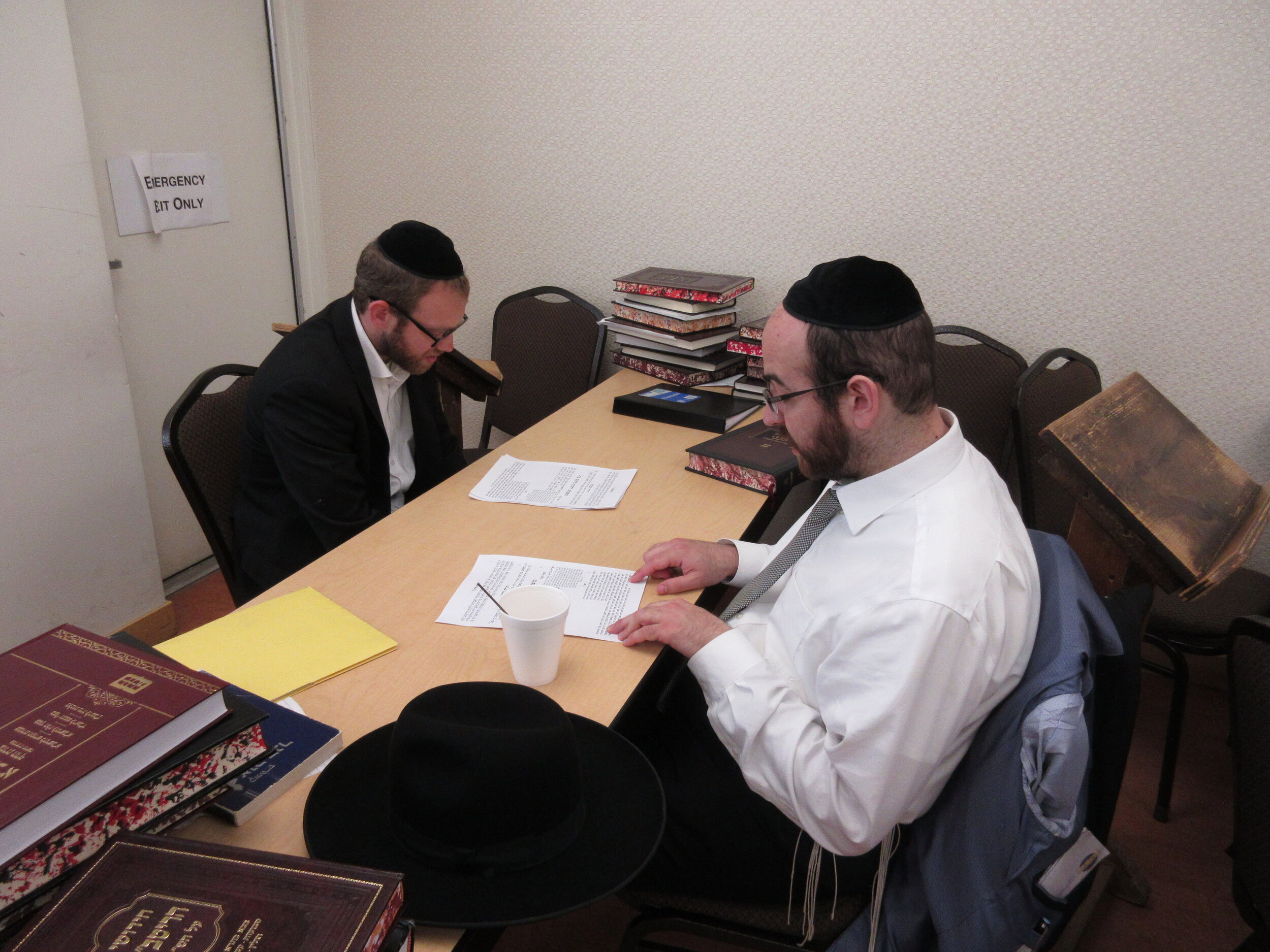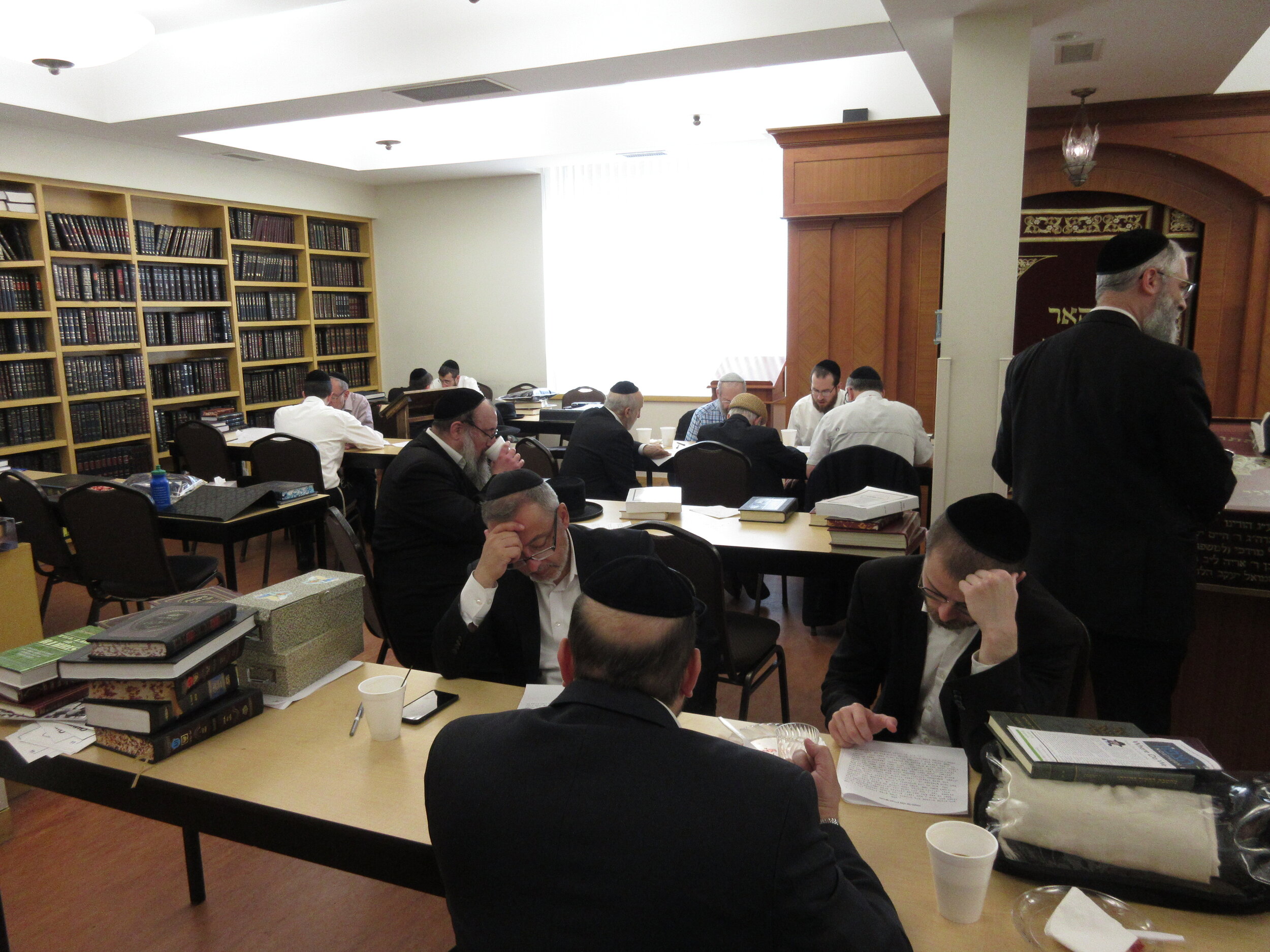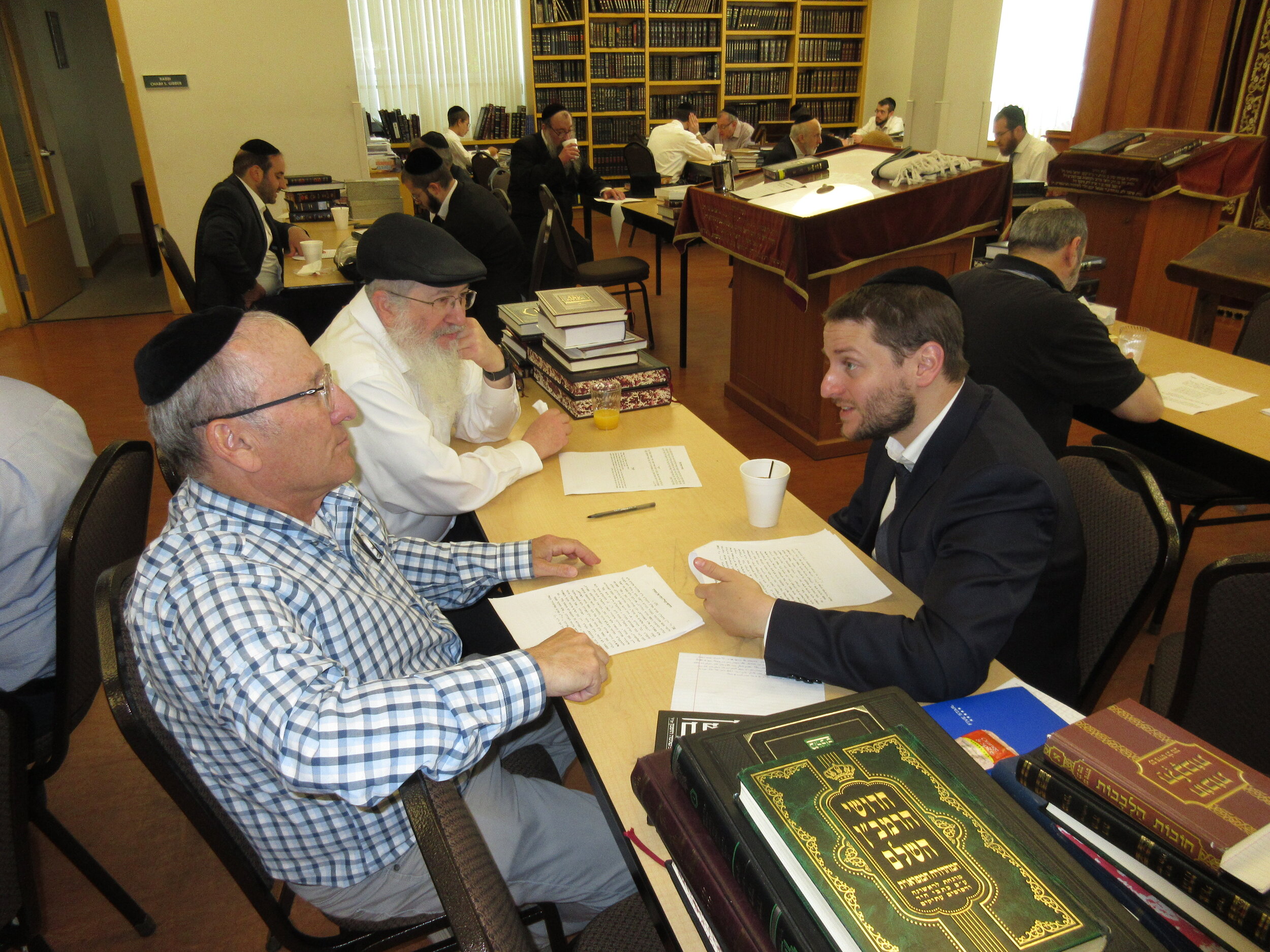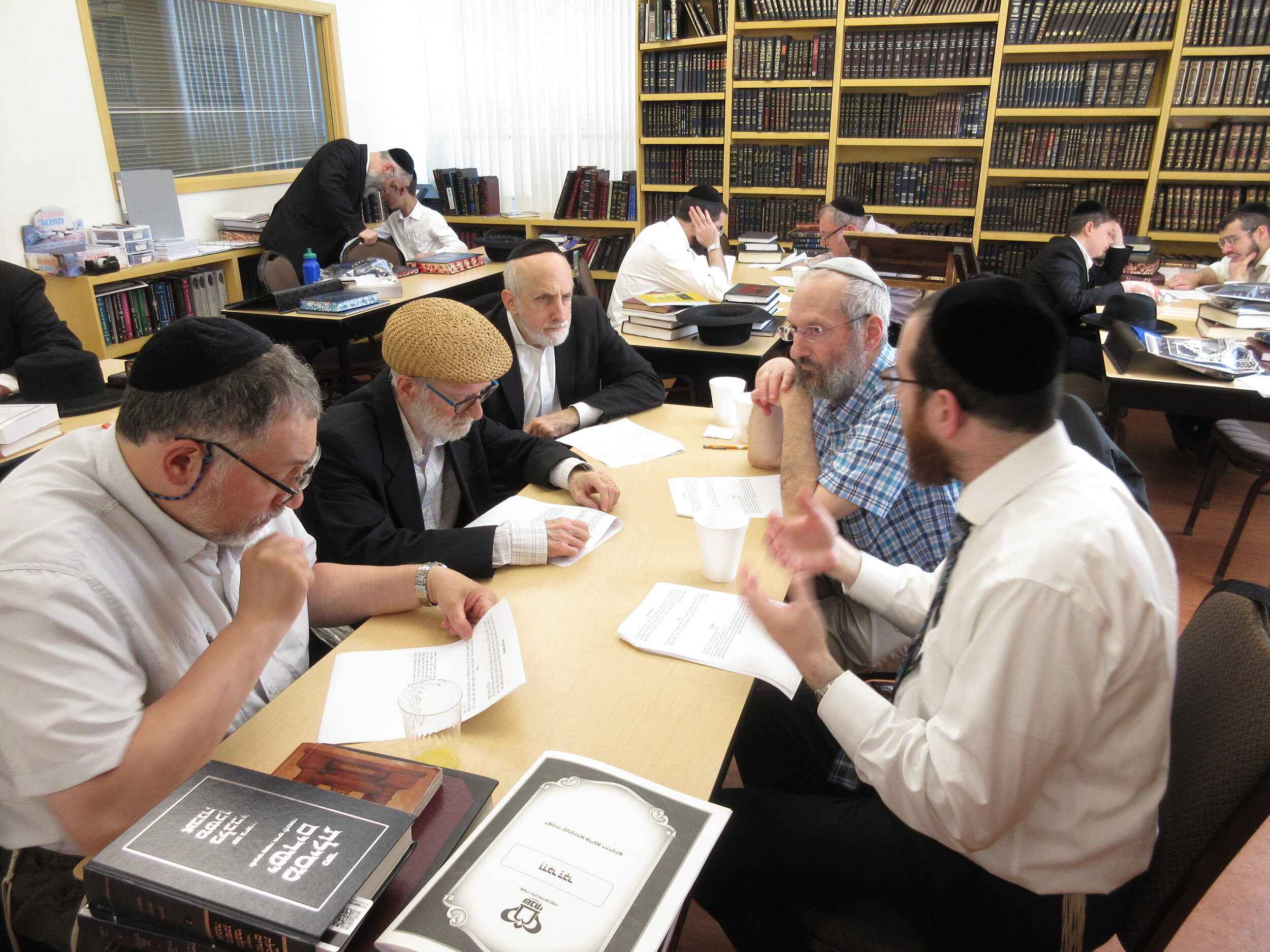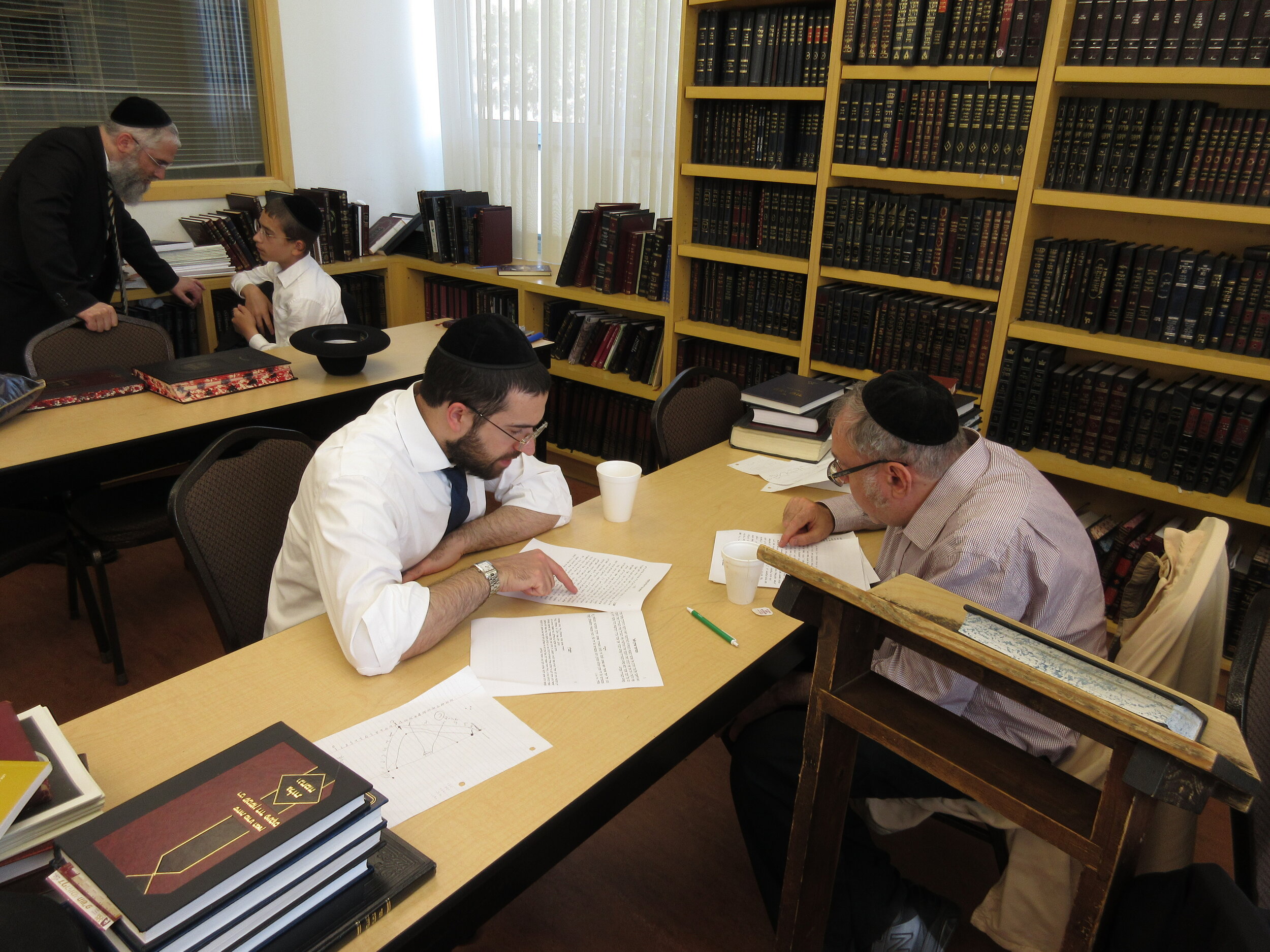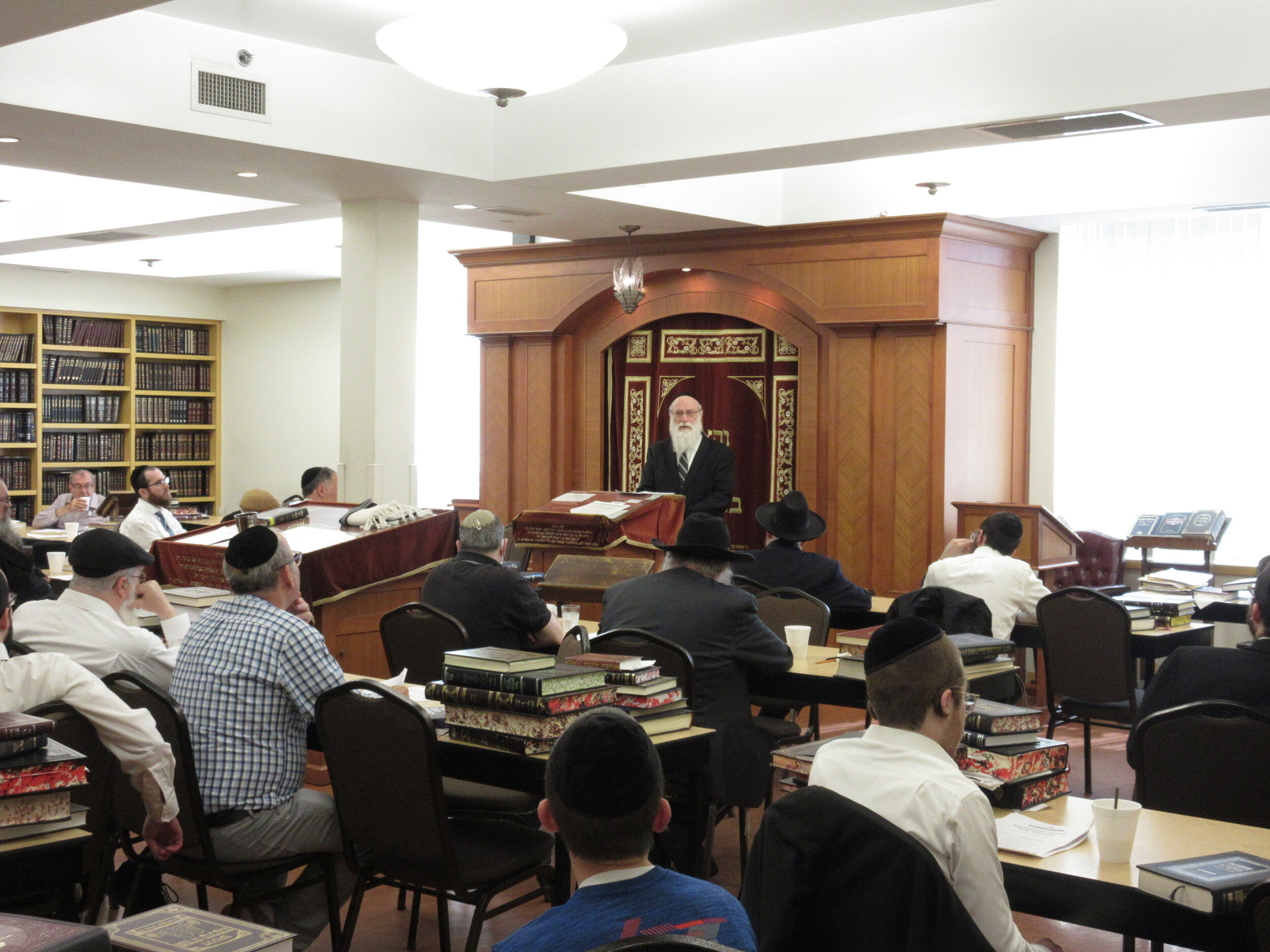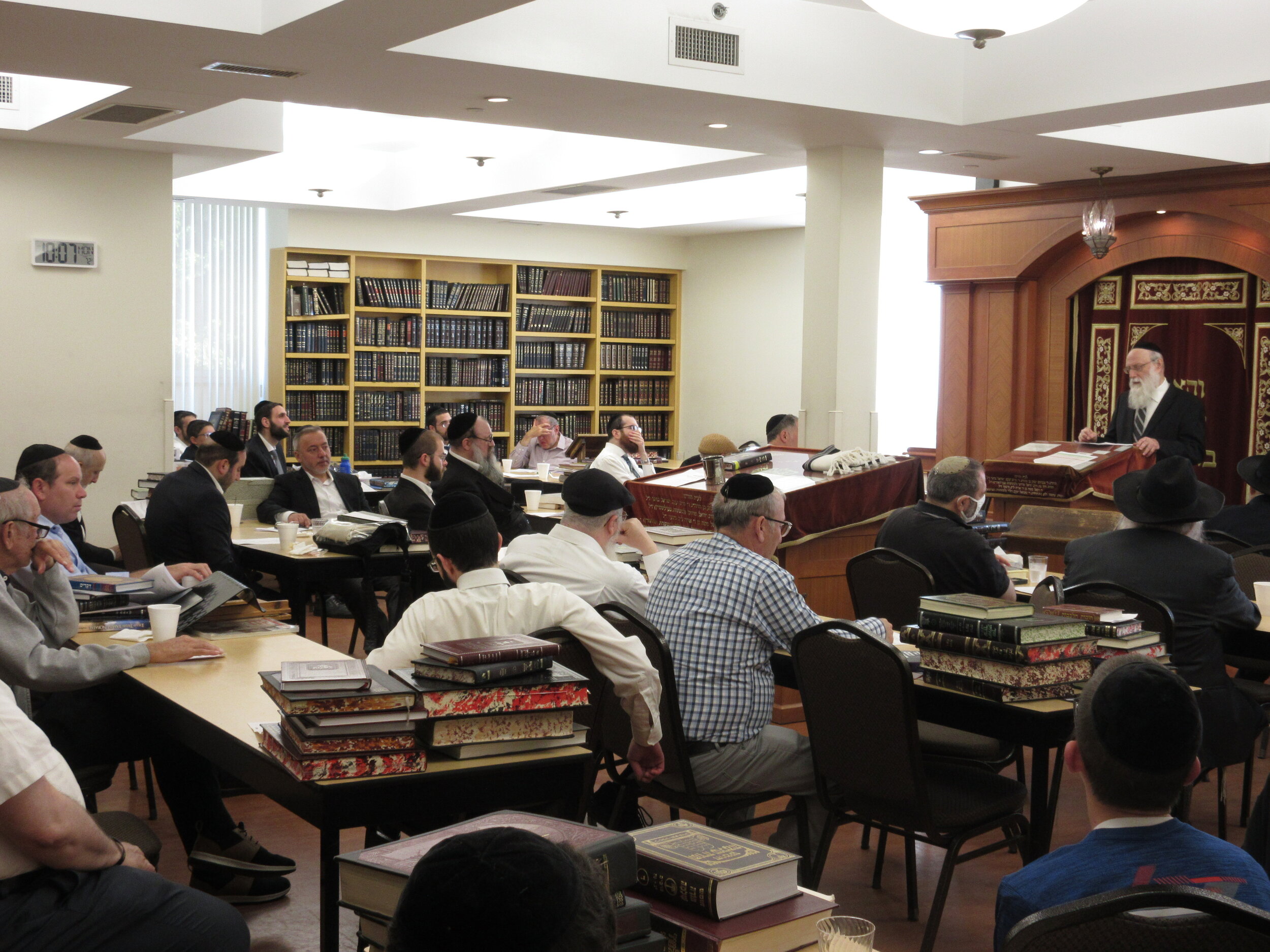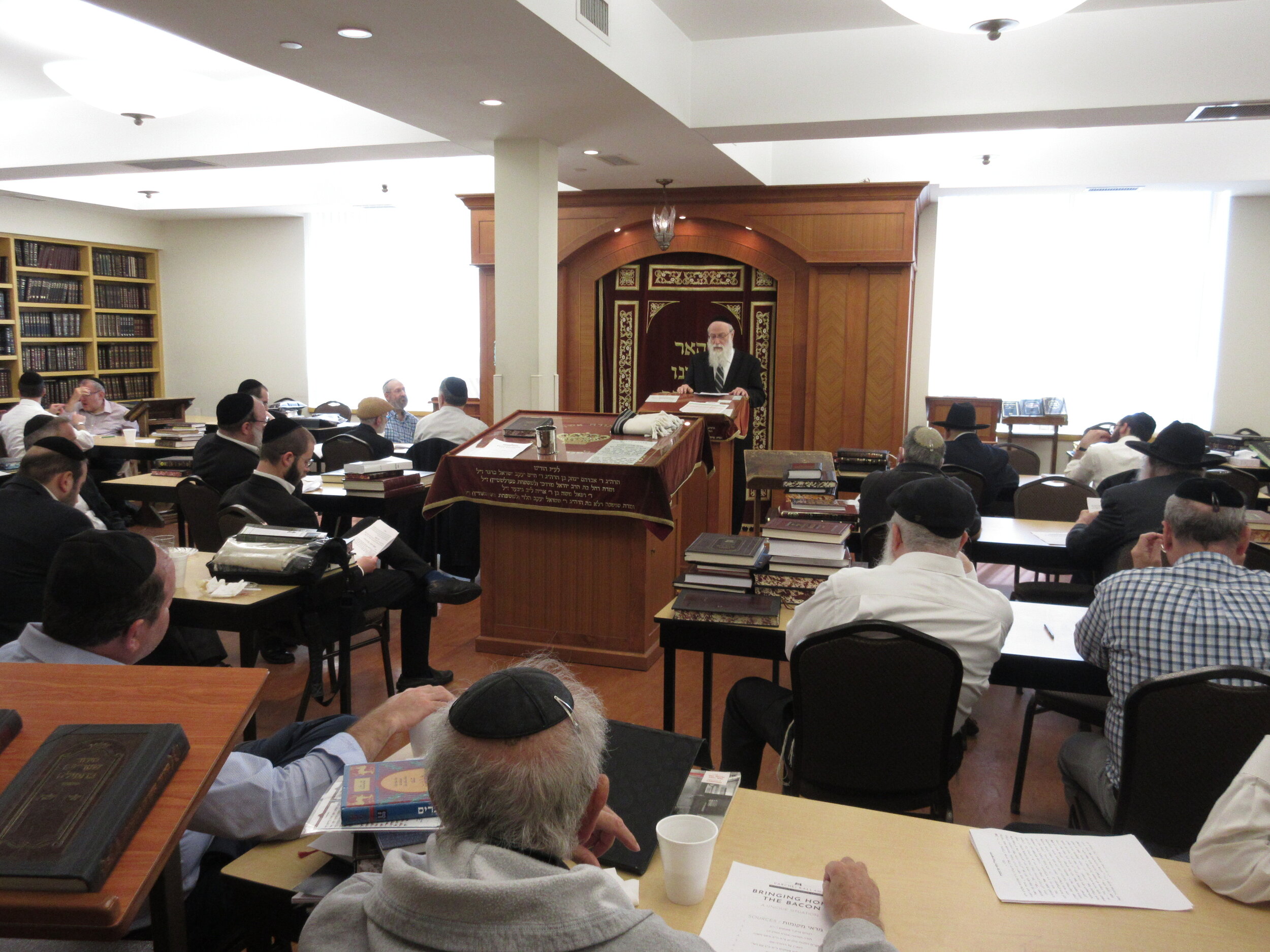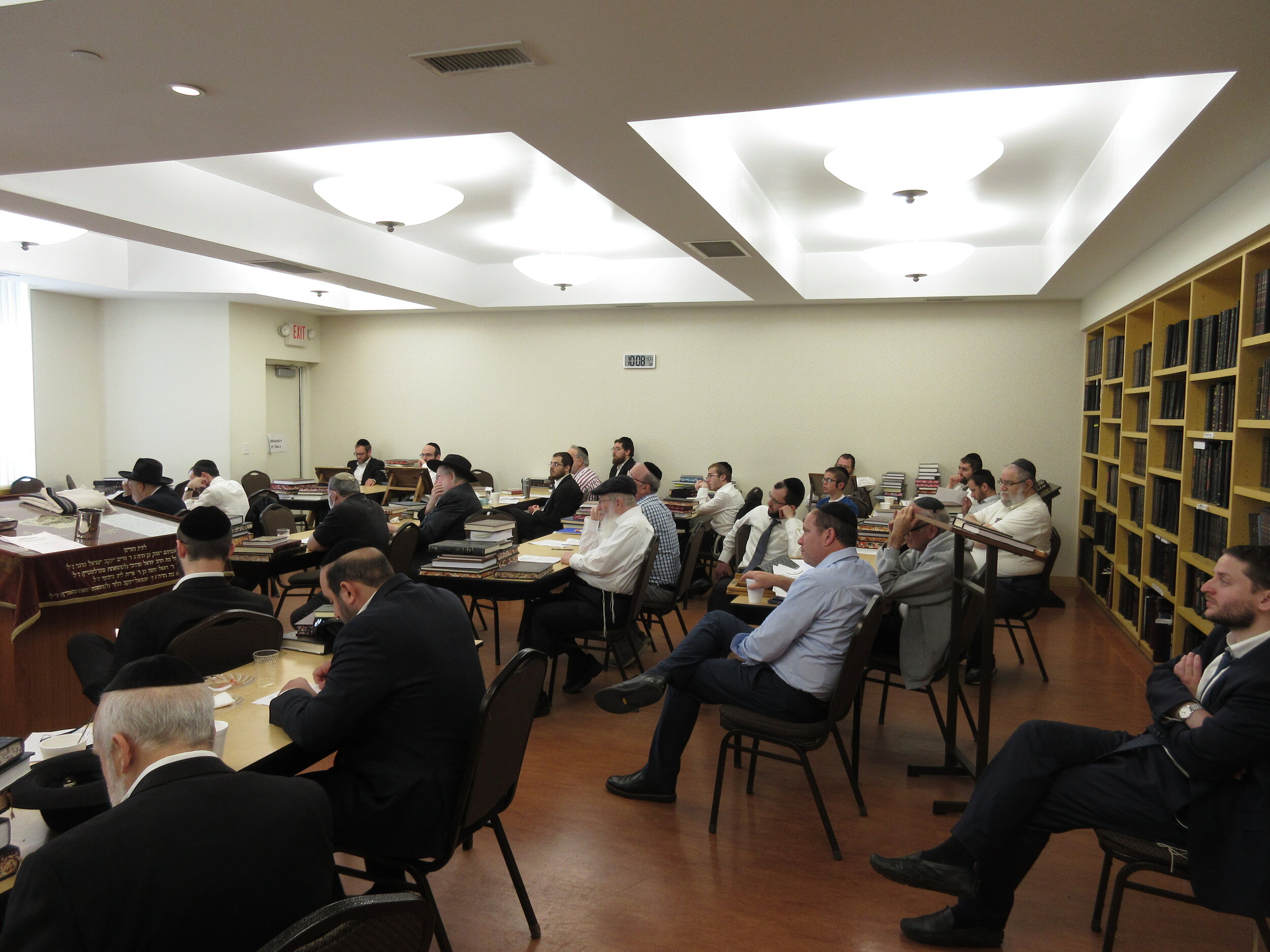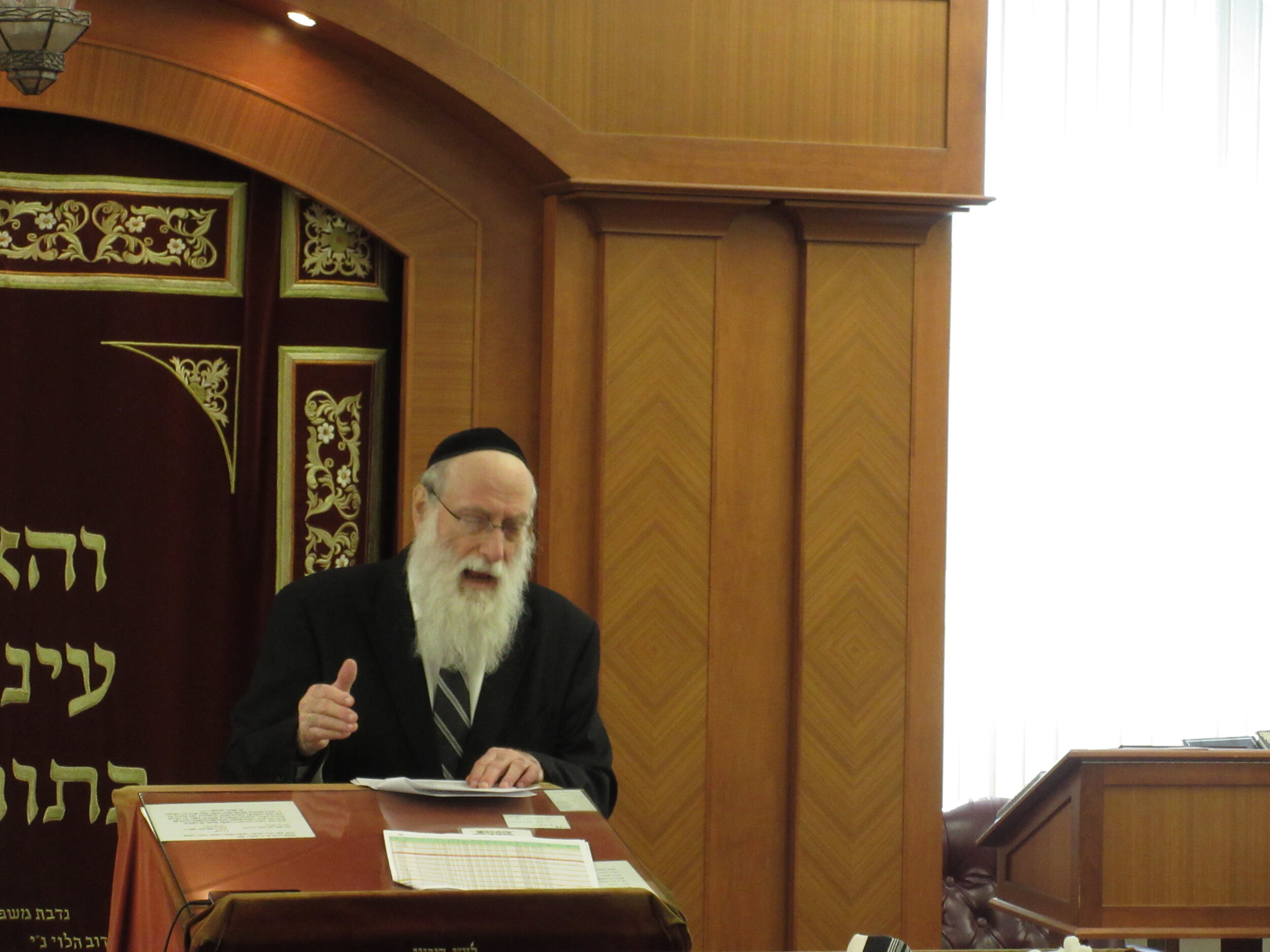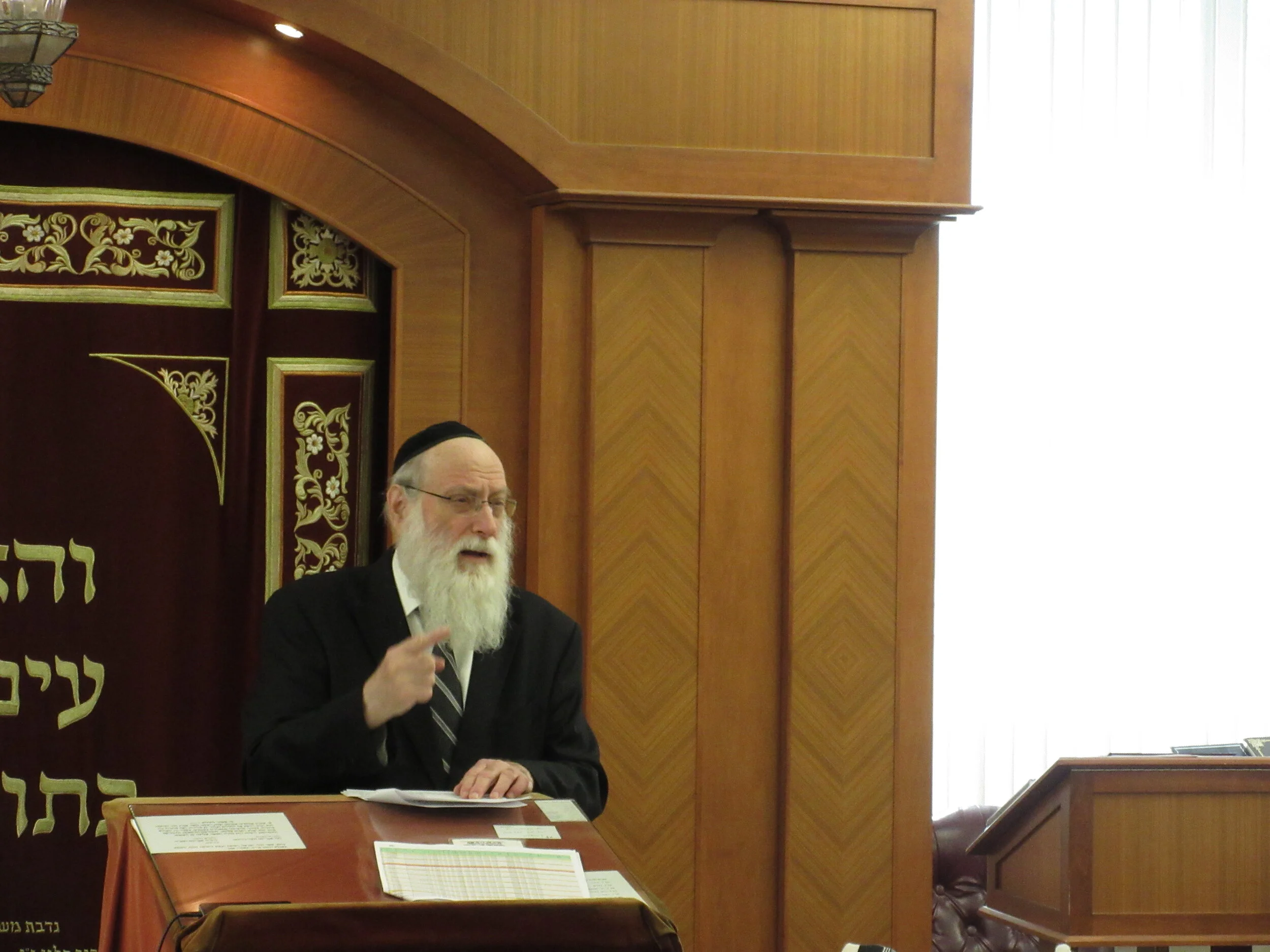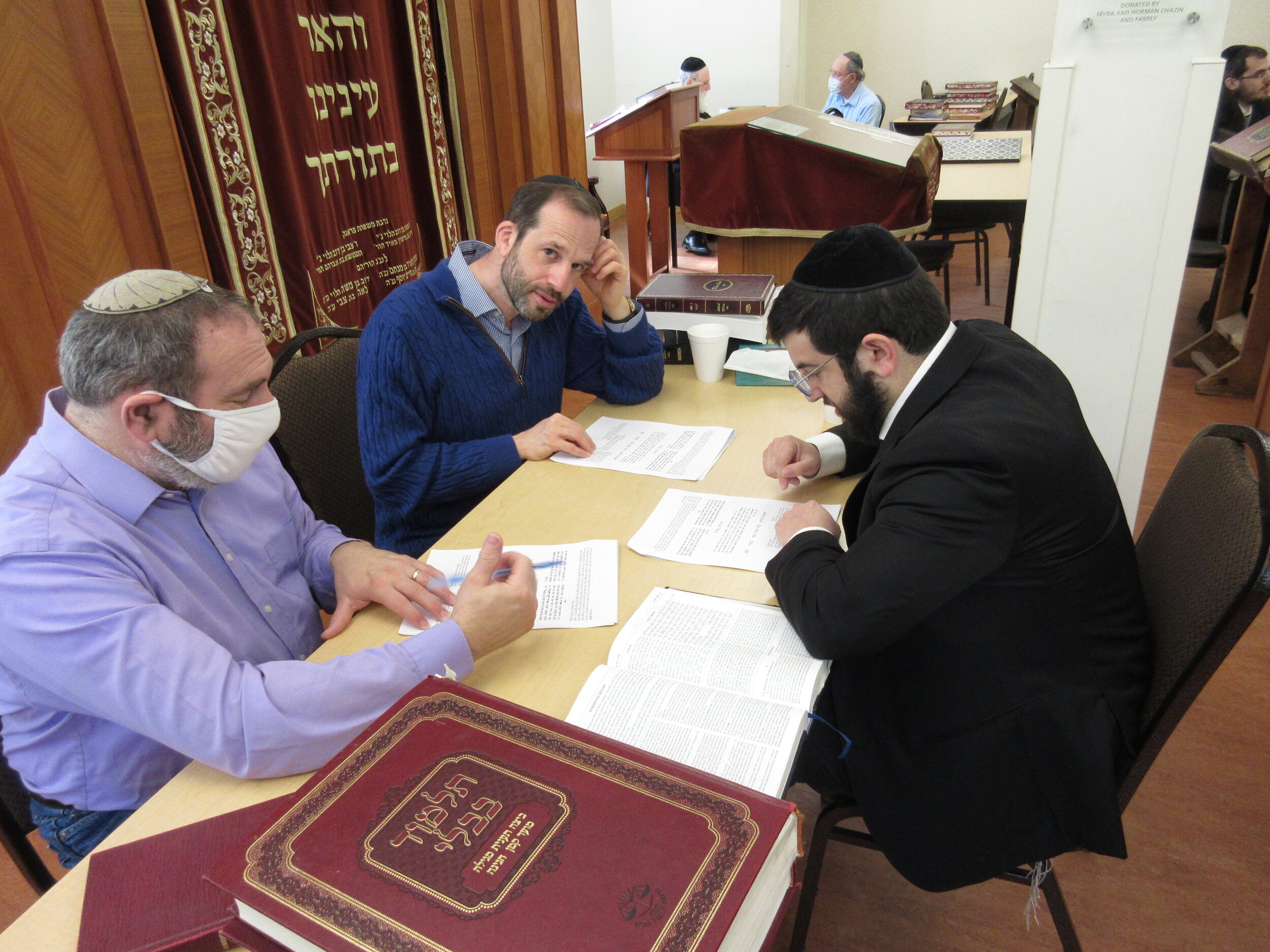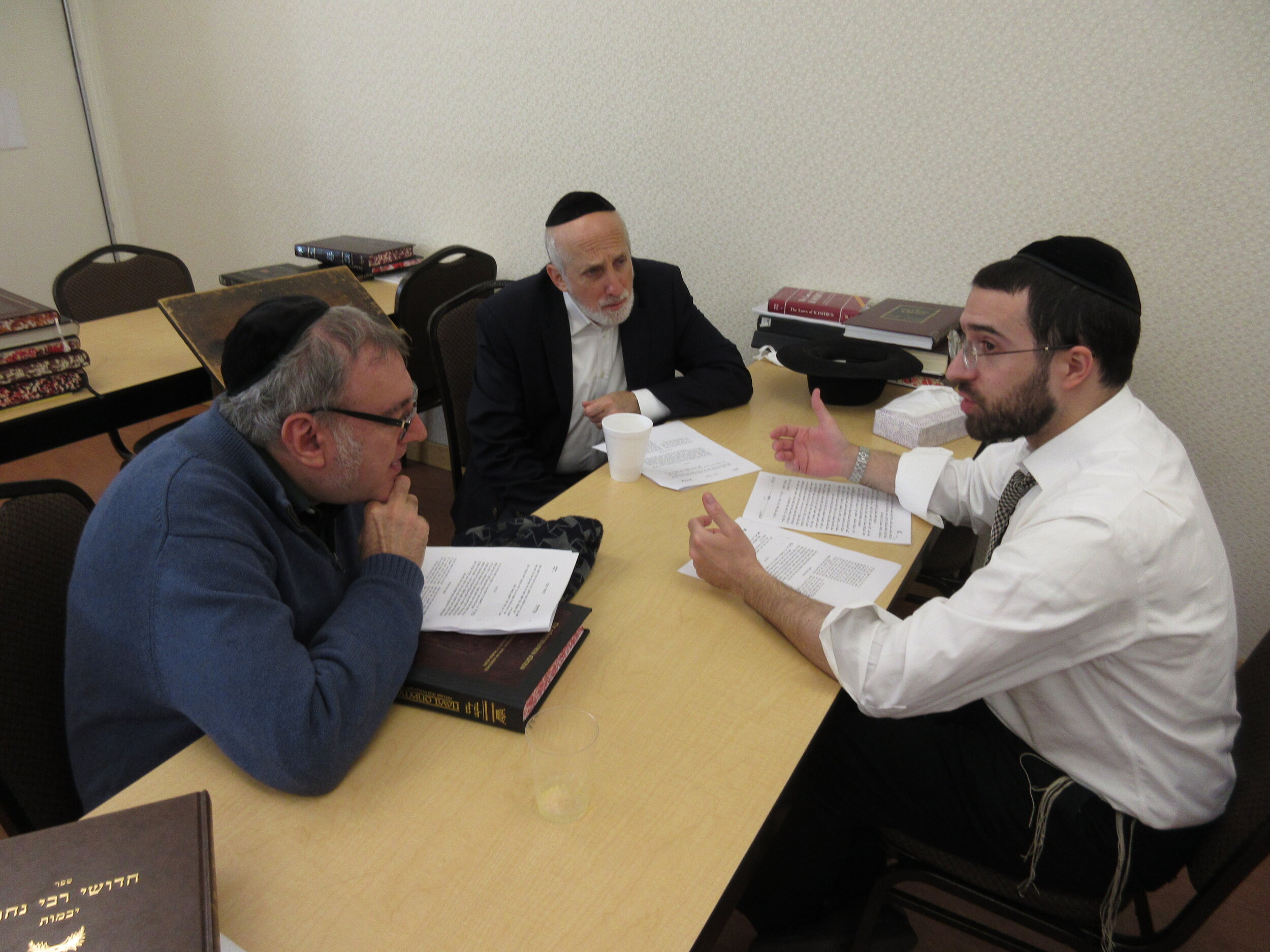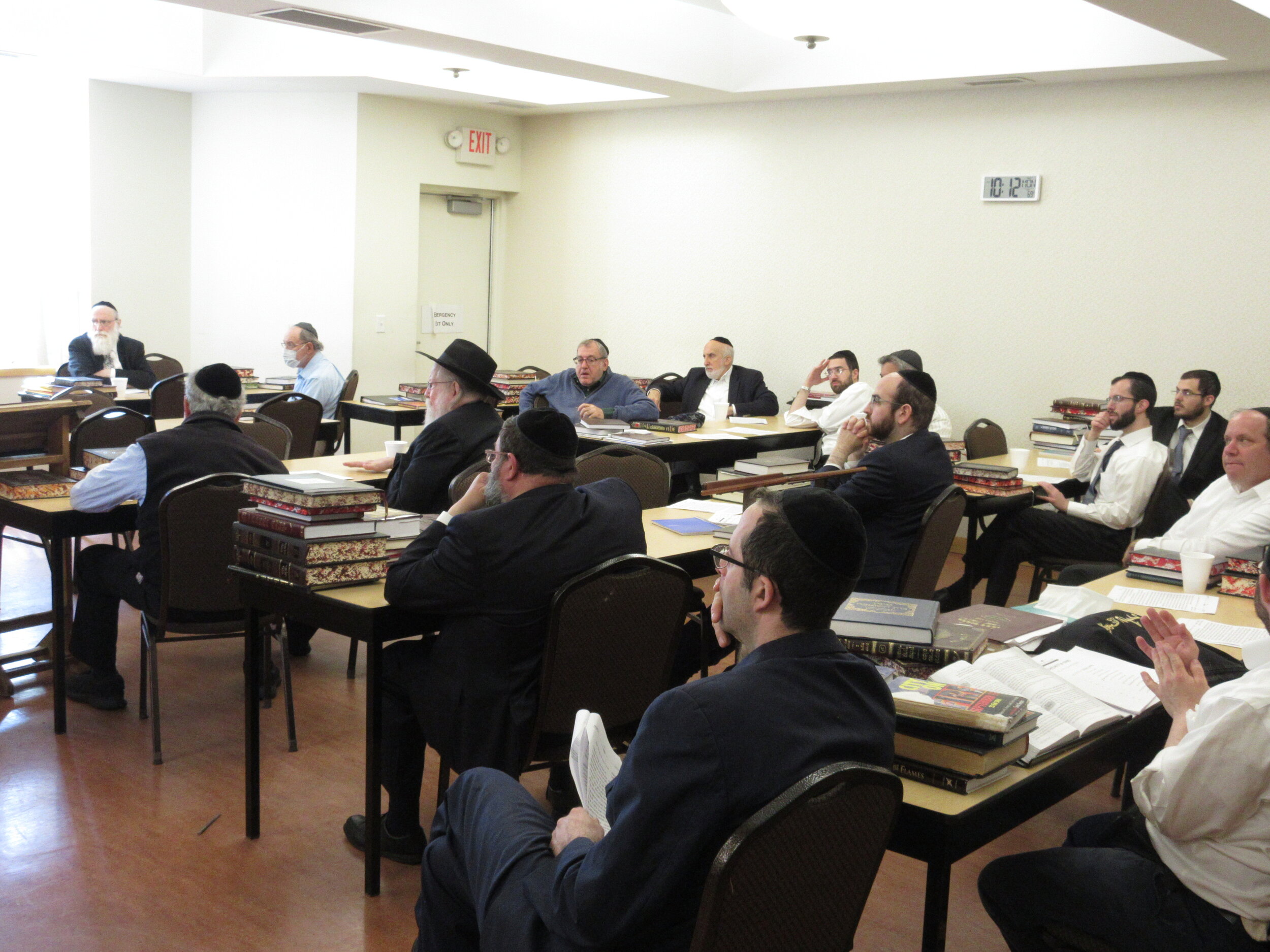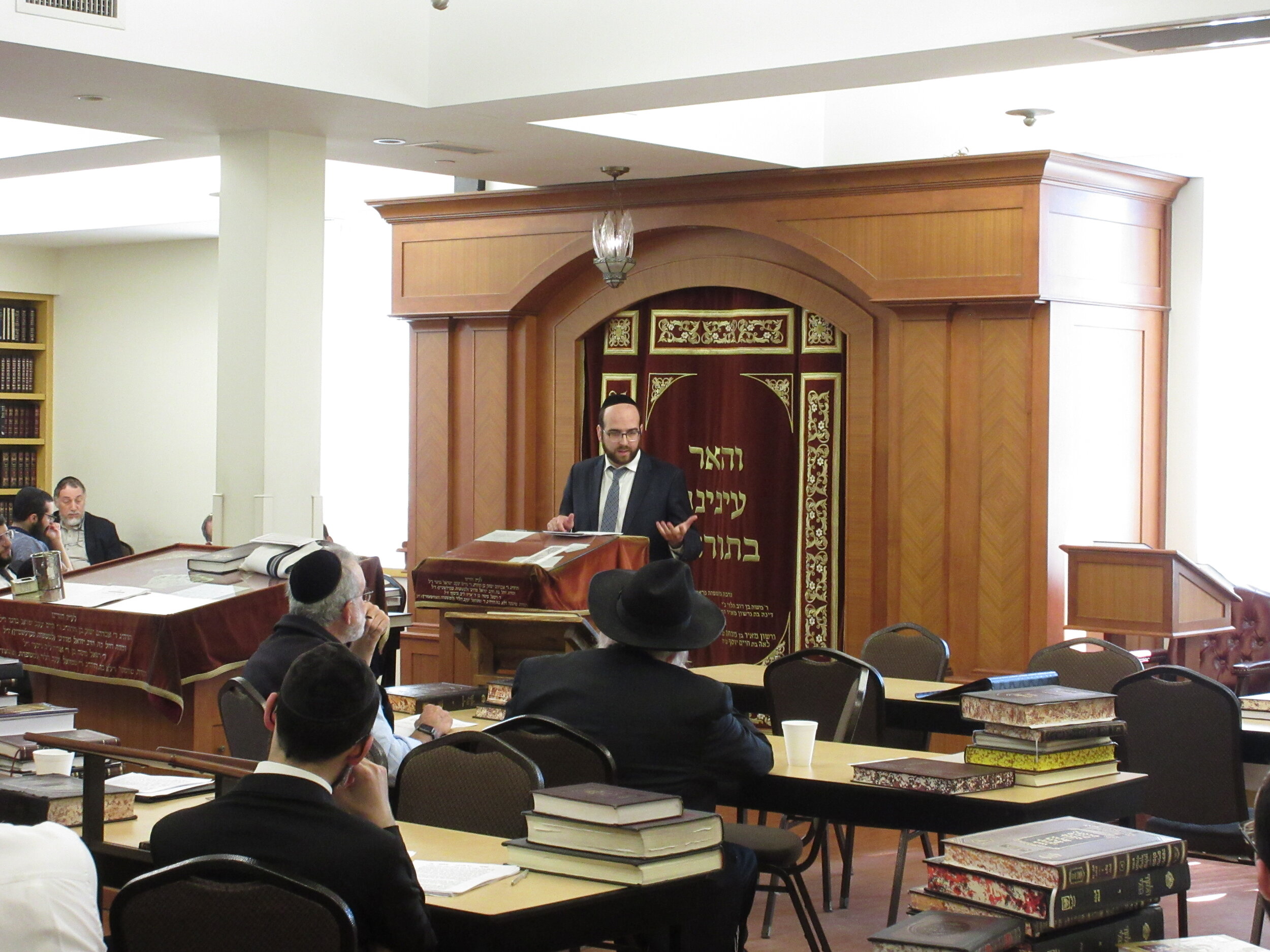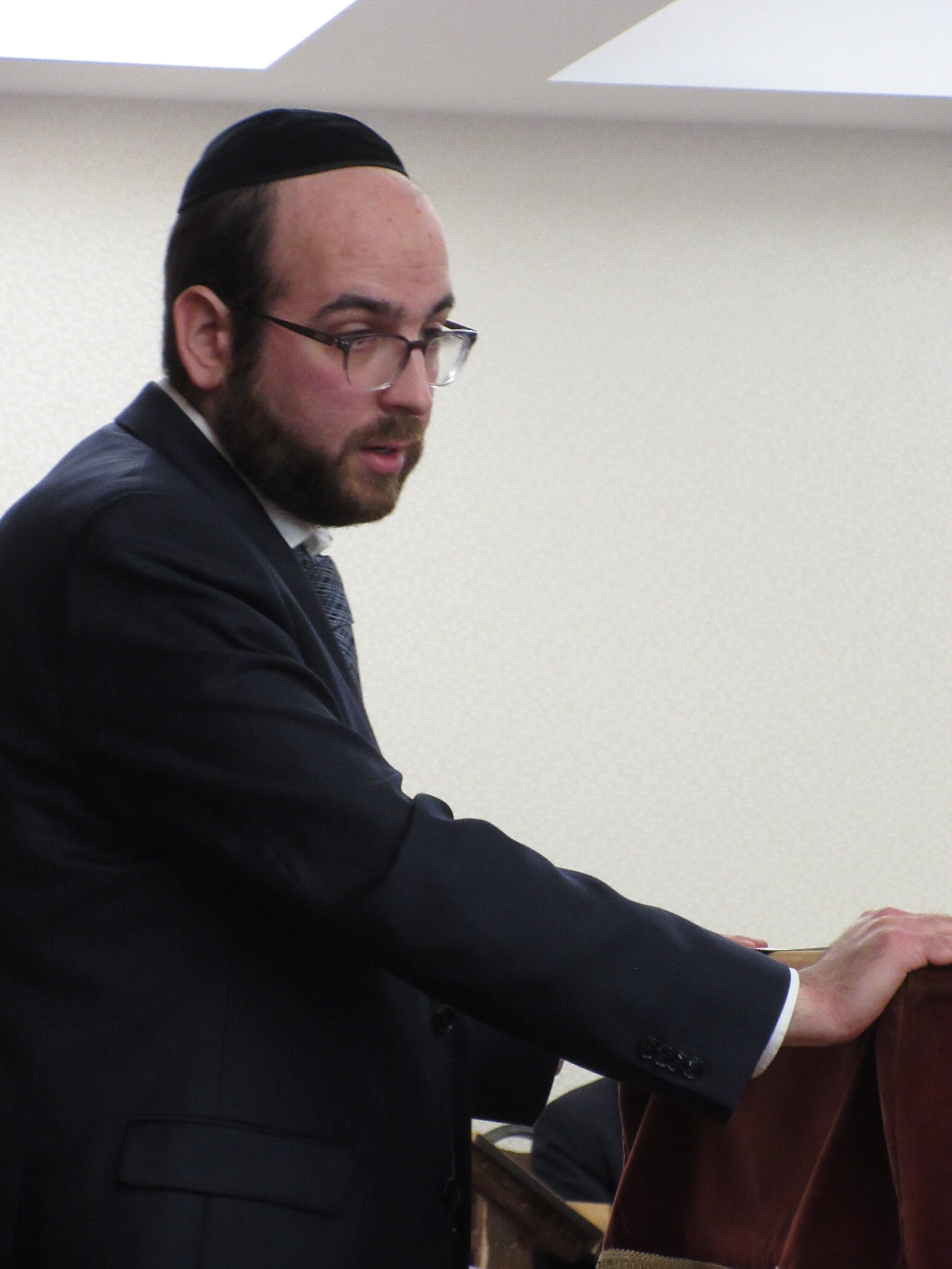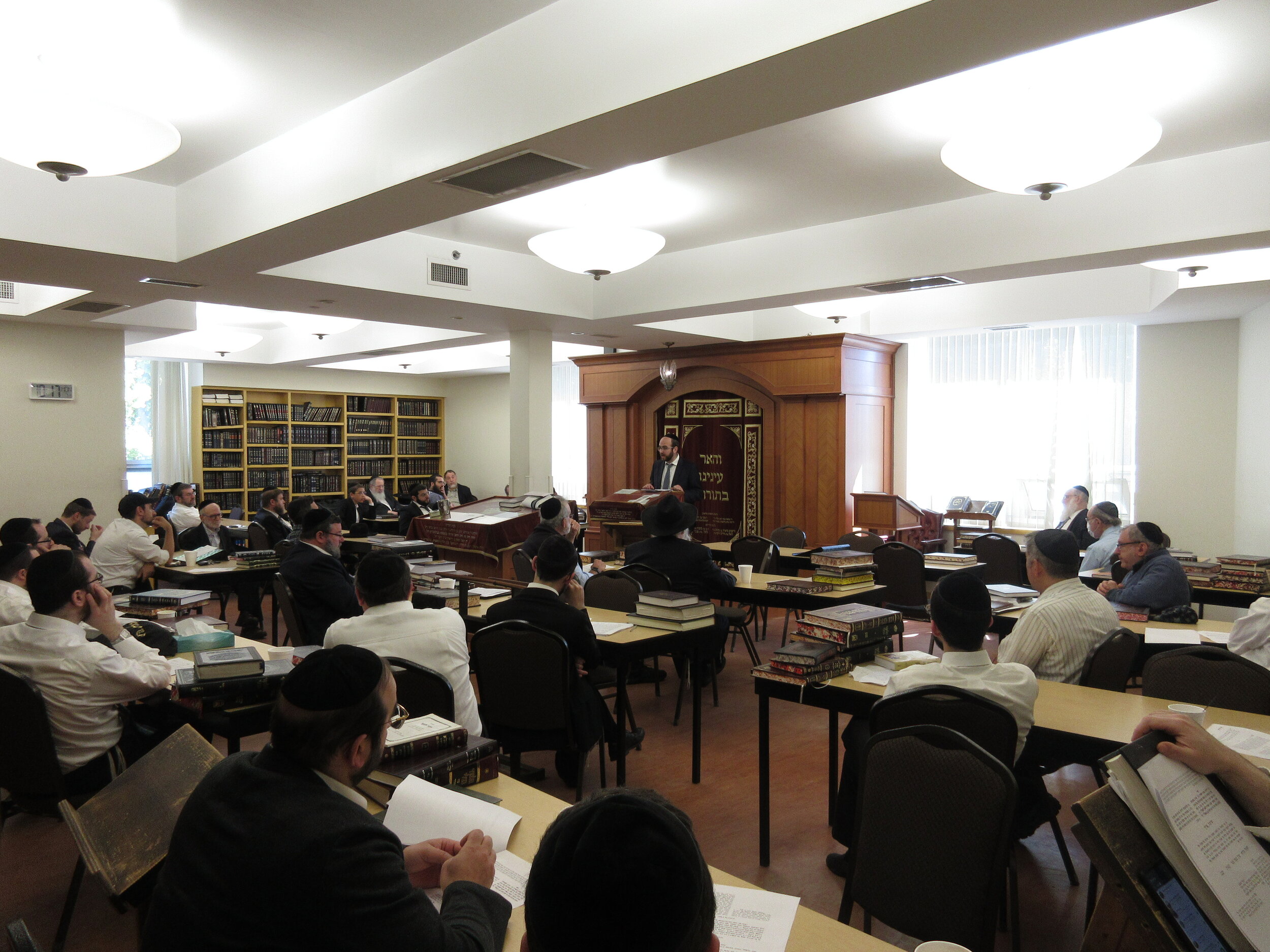A Short Essay for the final days of Pesach:
You’ve heard the term personal truth.
Sometimes it’s used to refer to flat-out untruths. Those instances don’t deserve much discussion. Other times, however, it’s used to discuss a perspective that though true, hardly describes the complete picture.
This can pertain to many areas of life. Politics, health, community, just to name a few.
This dynamic also plays out in spiritual matters, specifically with regards to belief in HaShem. We all perceive the reality of HaShem through our own lens. Some people see HaShem in nature, others in the depths of Torah study, some through prayer and meditation, and yet others experiencing the beauty of human connection. Which one of these is the true G-d?
The answer can be both neither and all of them.
Without a shared and definitive definition our individual beliefs and experiences can fracture us to where we are worshiping different gods. Within the context of a collective shared experience, everyone’s personal sense become another slice of a harmonious picture.
This is what the Jews experienced at the splitting of the sea. Until that point there were ample opportunities for the people to behold G-d and find their avenue of belief. In that sense we speak of the G-d of Avraham, Yitzchak, and Yaakov.
Our forefathers all perceived HaShem in a true way through their particular middah or lens, but each one was only part of the picture. At the Yam Suf, for the first time, HaShem revealed Himself collectively to the entire people. We all saw how our specific avenue of connection combined with everyone else’s to form a complete picture.
This is an important lesson for us today. There are all sorts of opinions out there about many things. While admittedly some are flat-out wrong, there are many viewpoints that are valid, just different. Whether these opinions complement each other or create rifts depends on whether we can have a collective shared vision that encompasses everything.
Will this be easy? Most certainly not. Is it possible? Absolutely!
